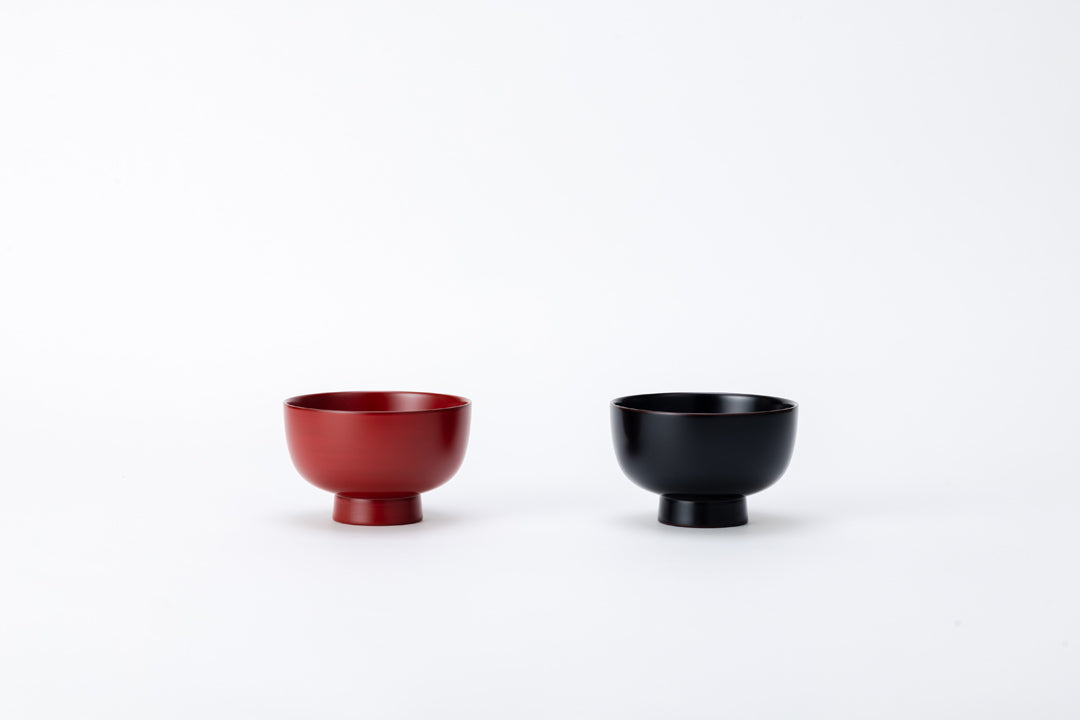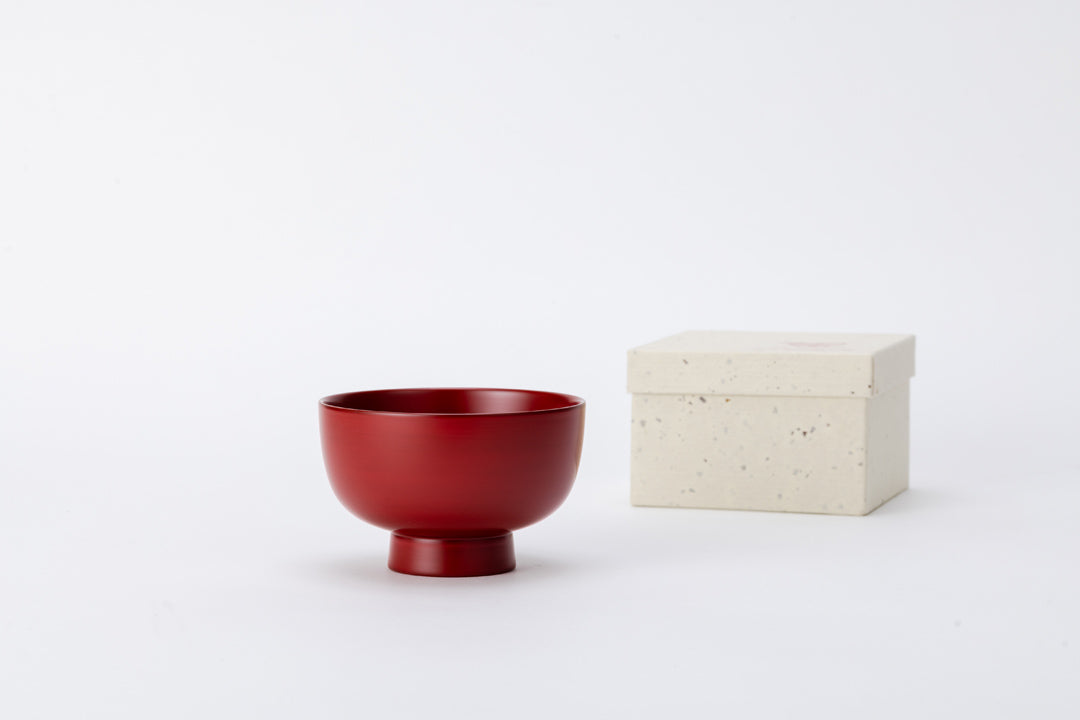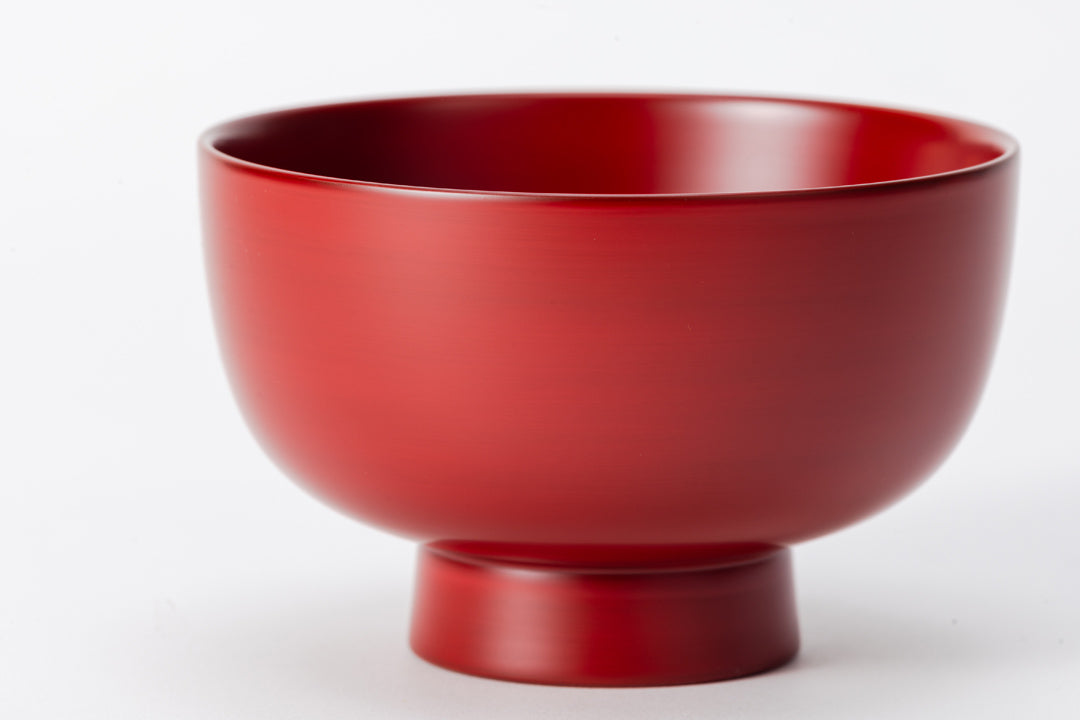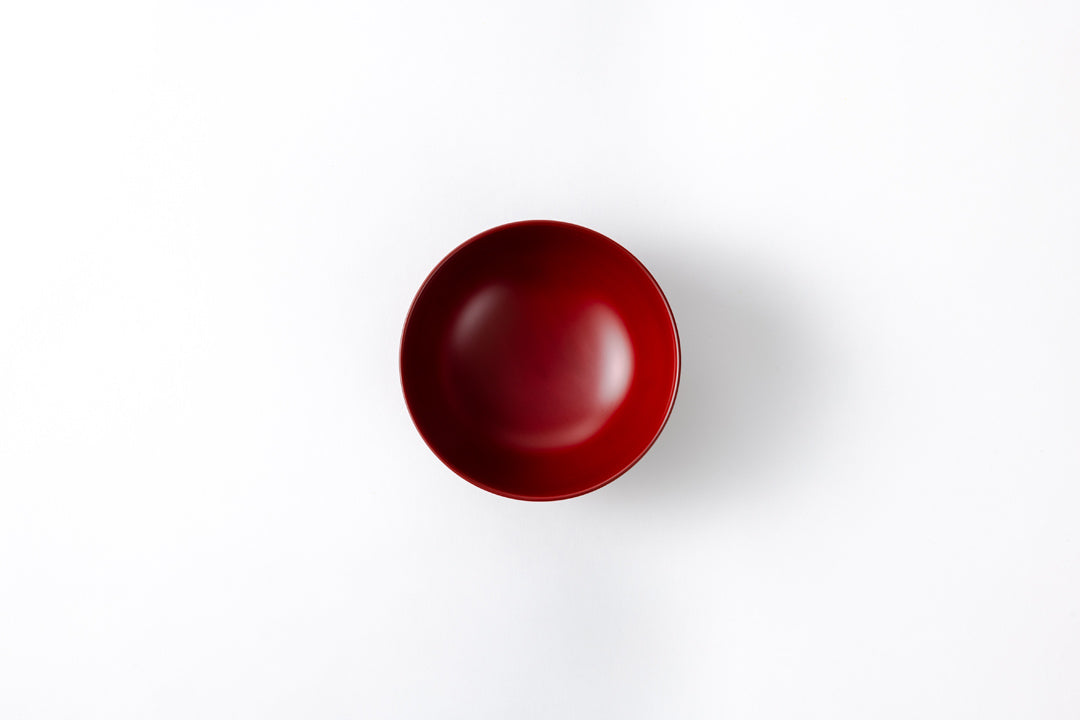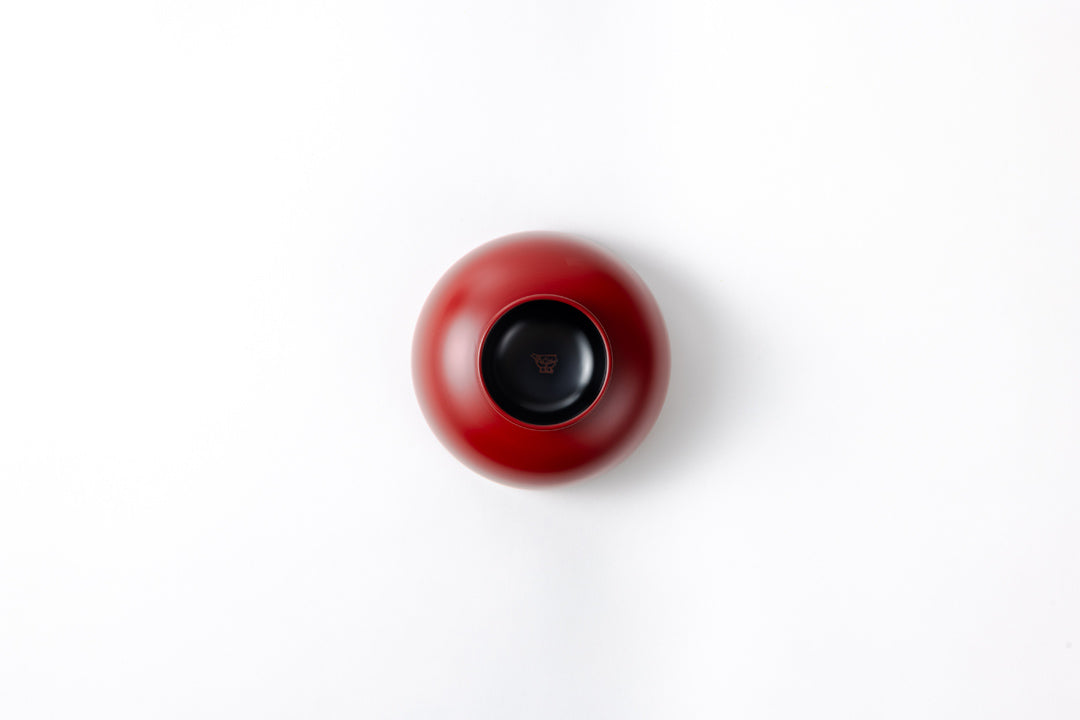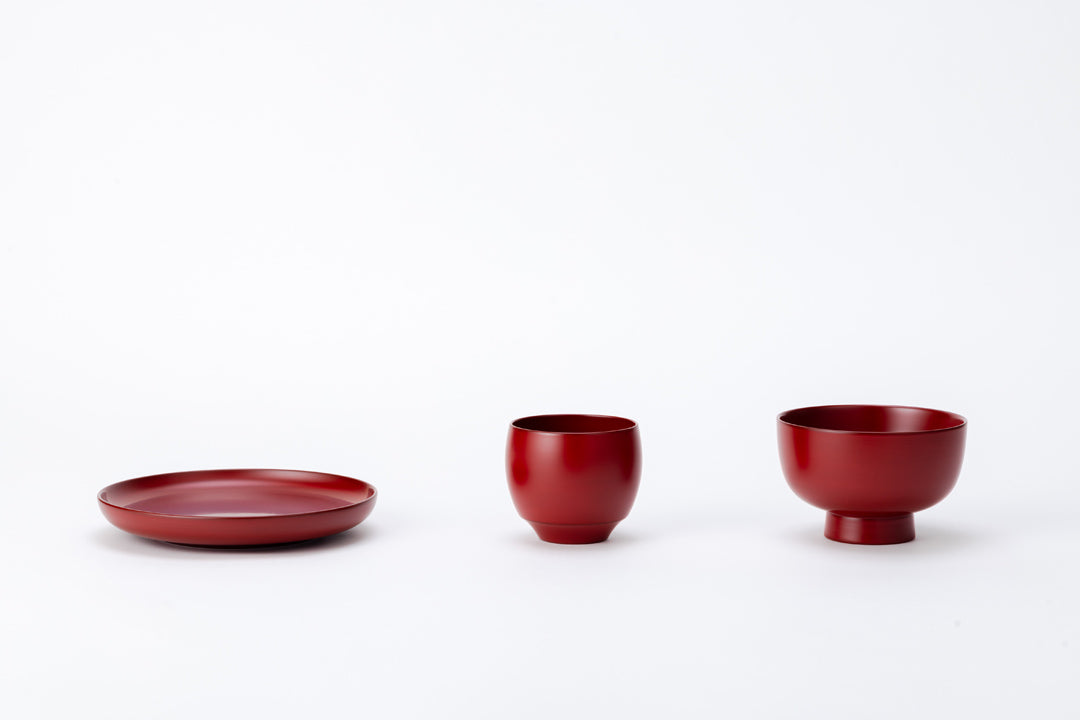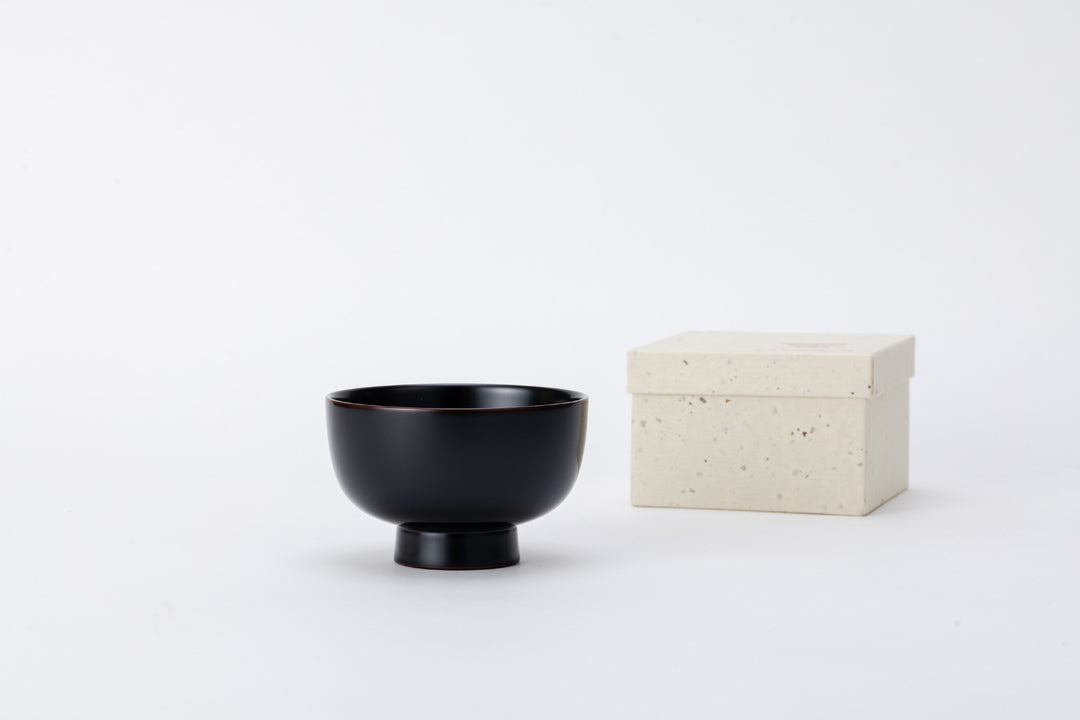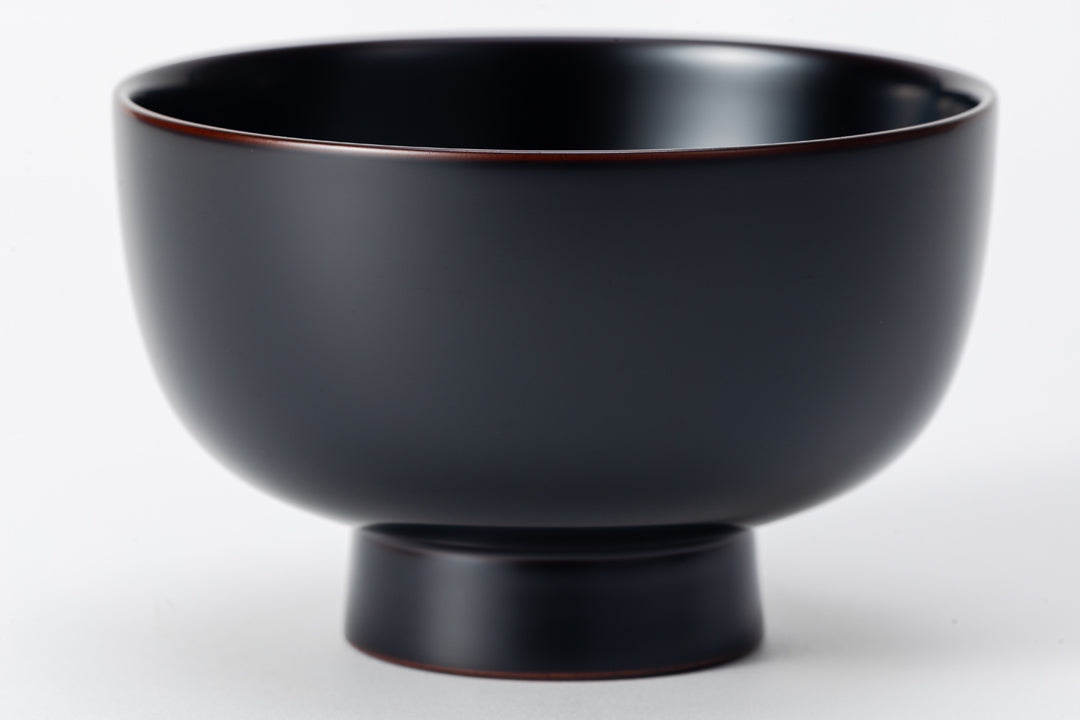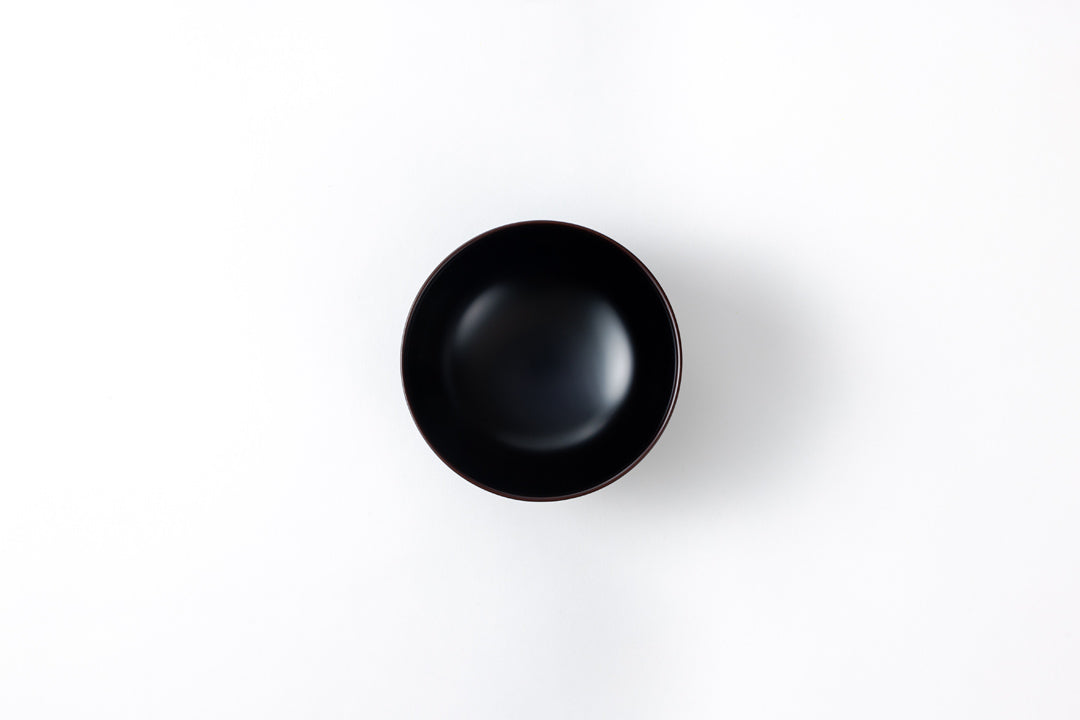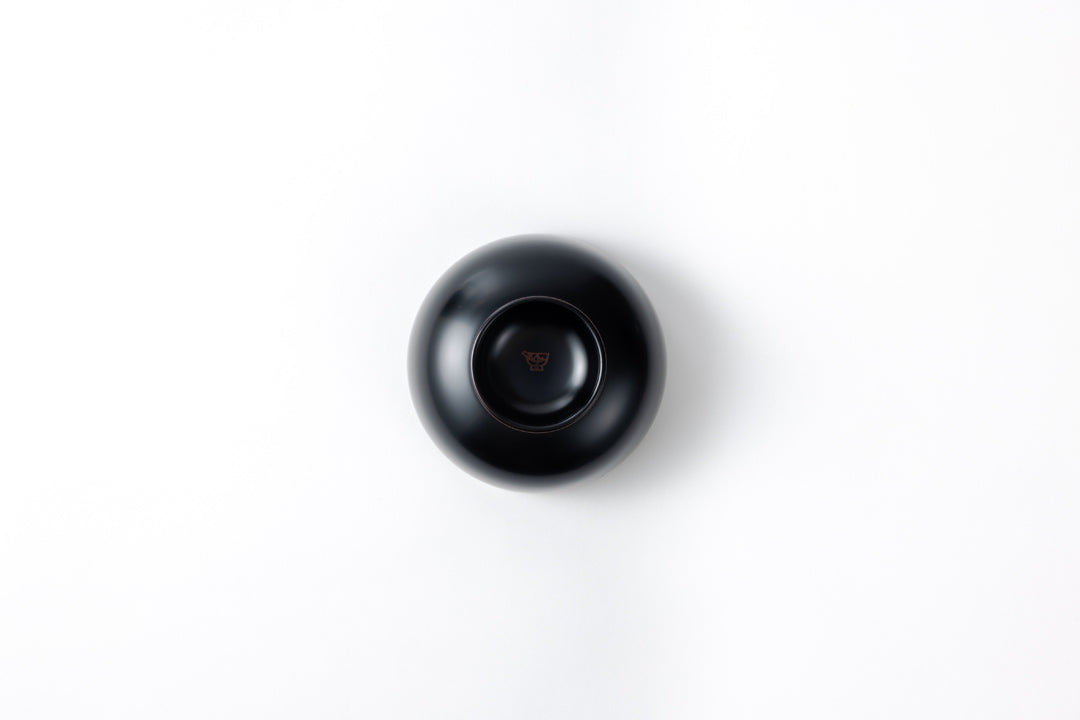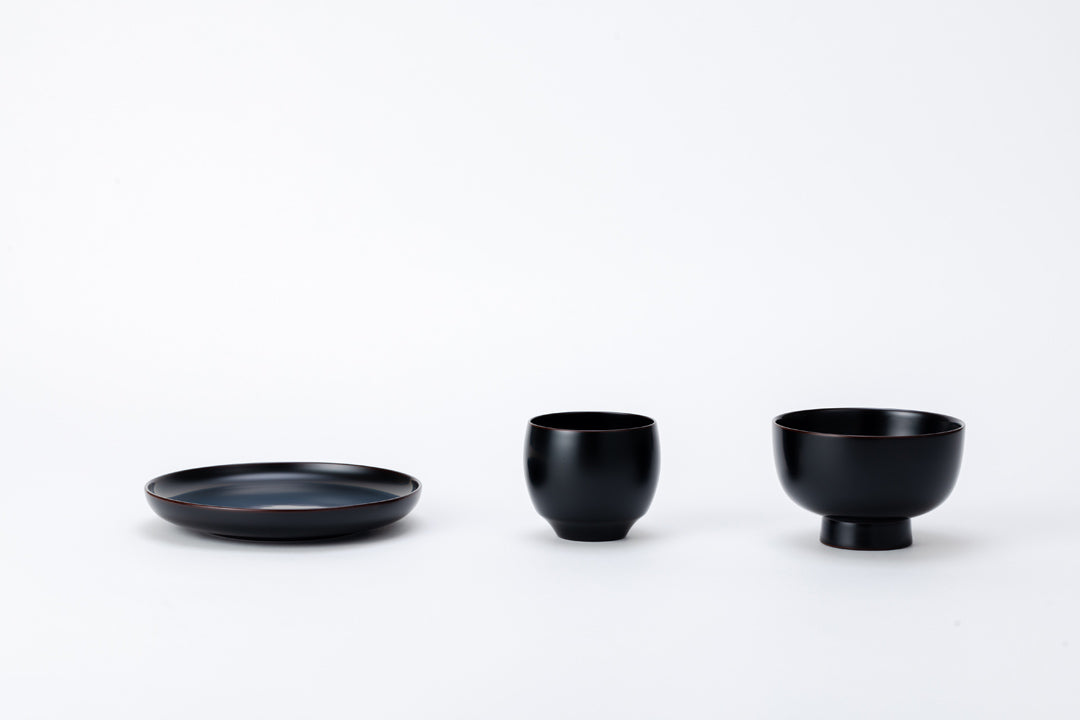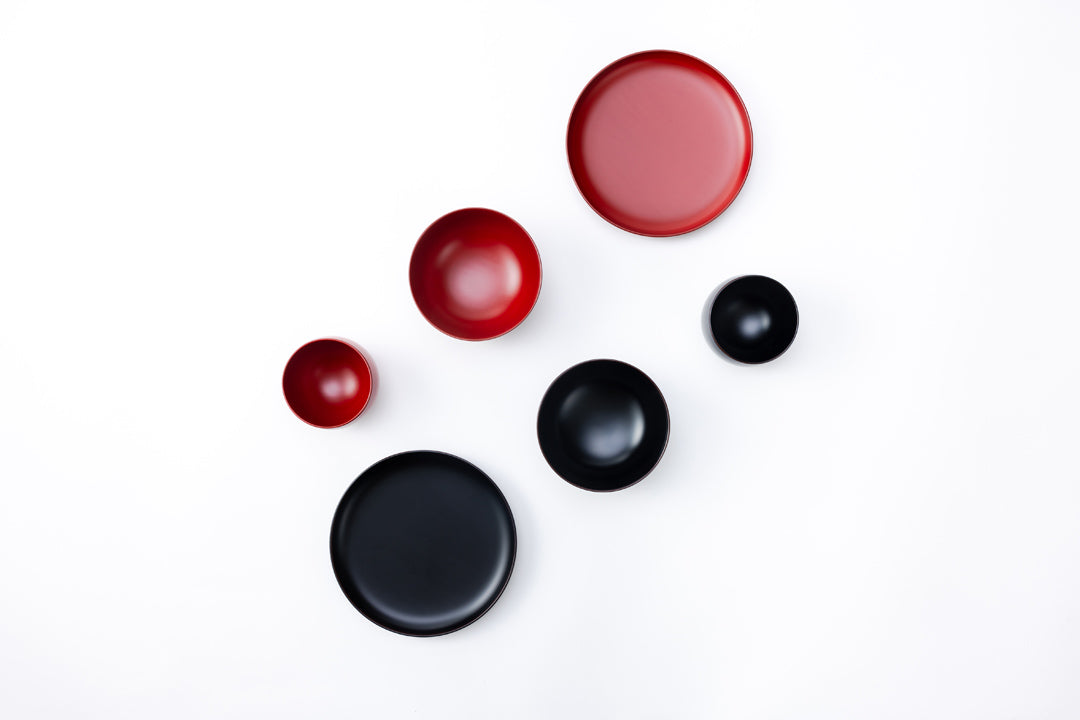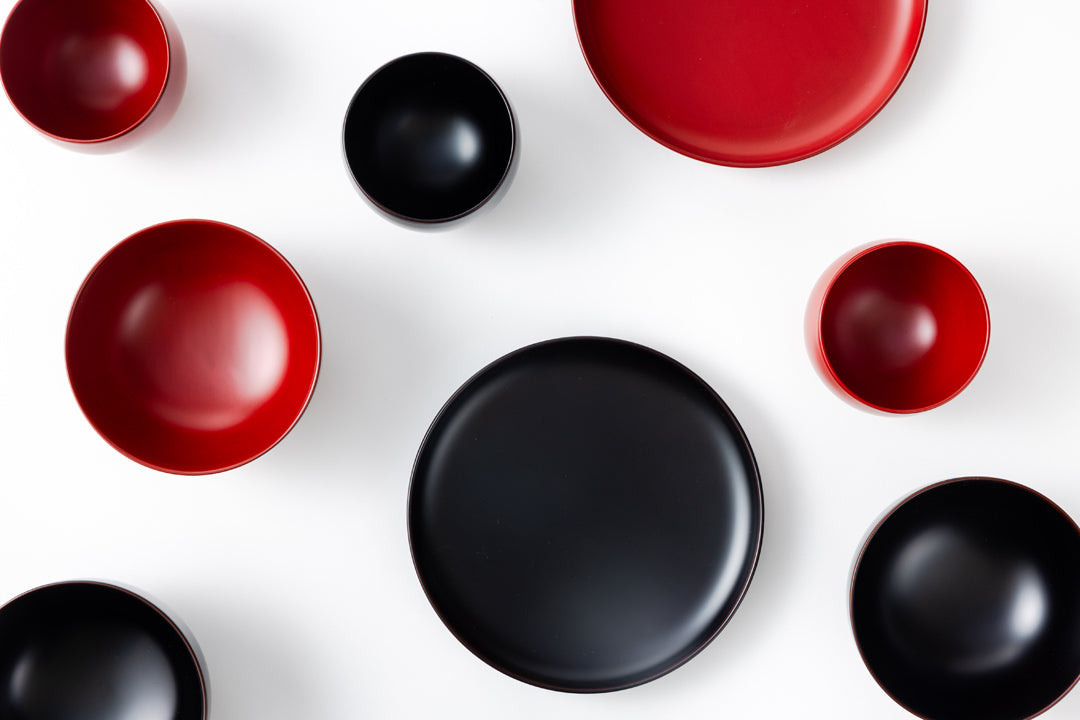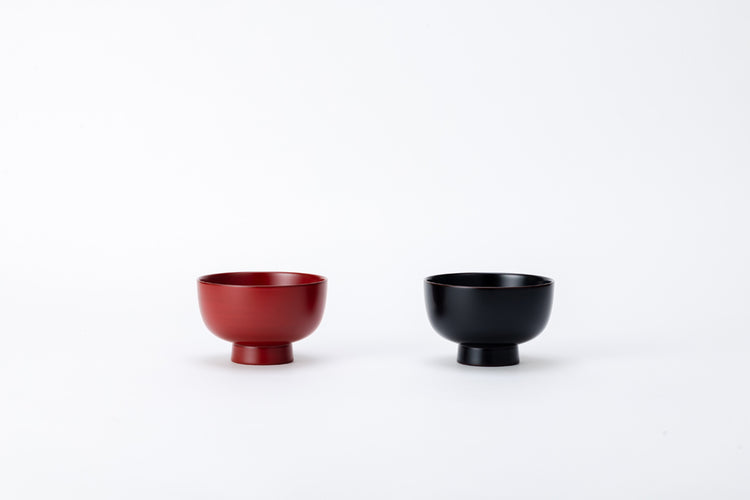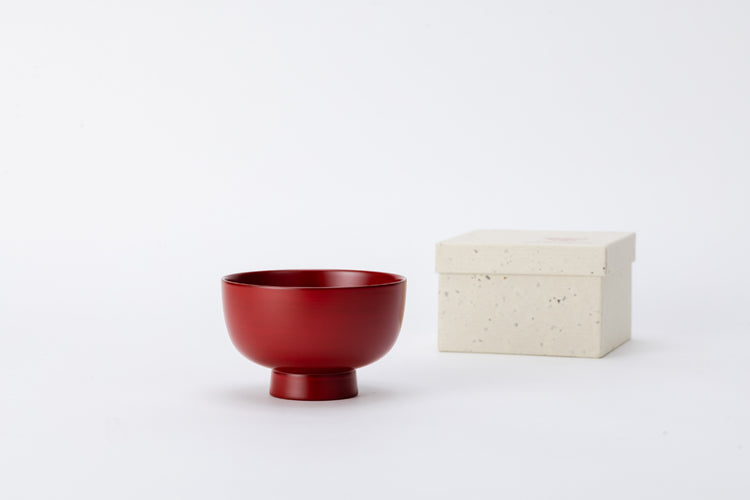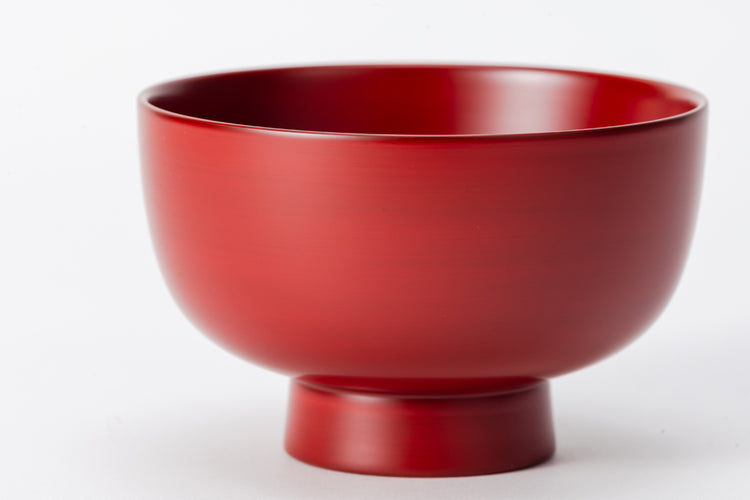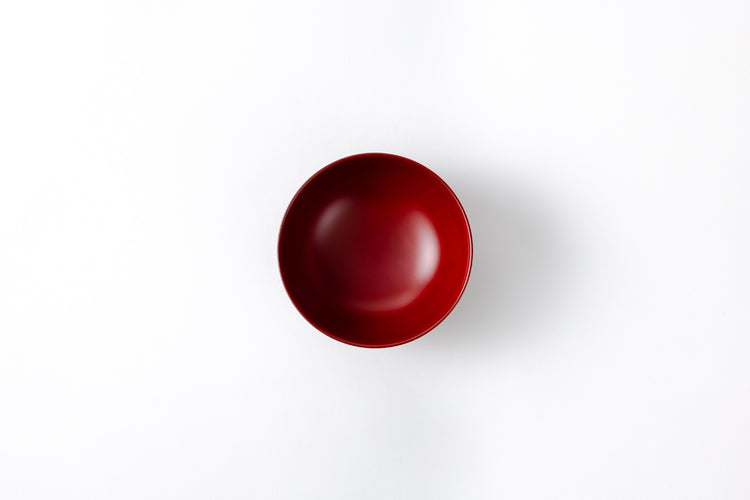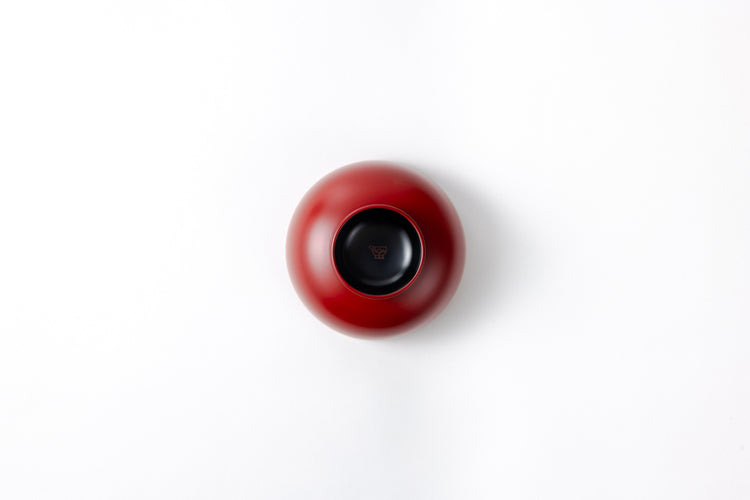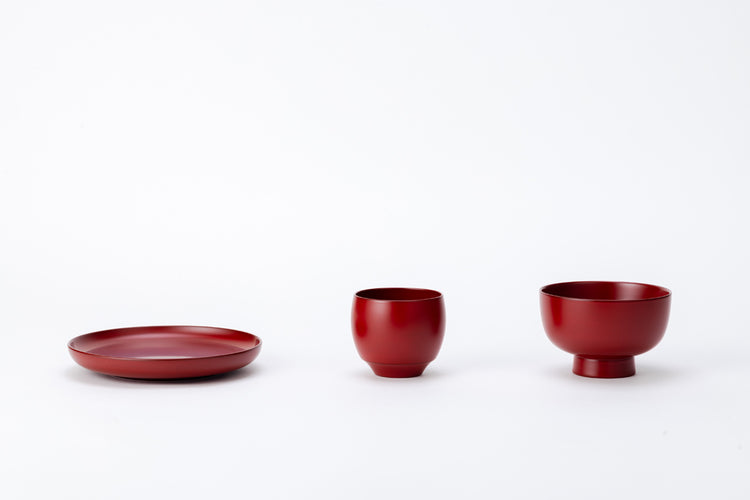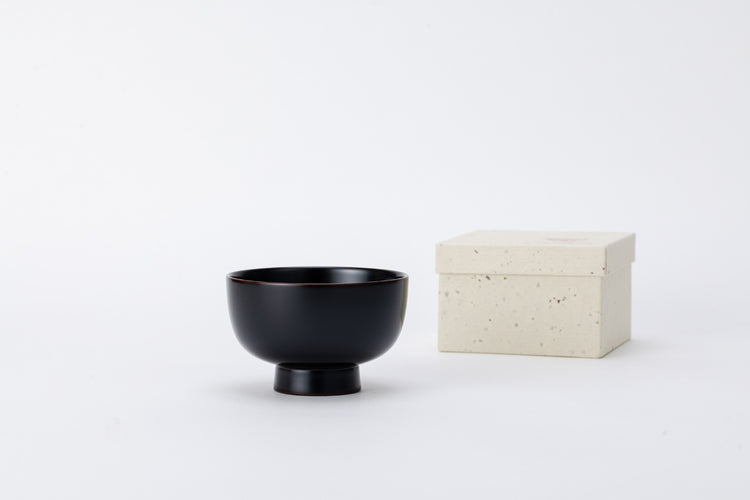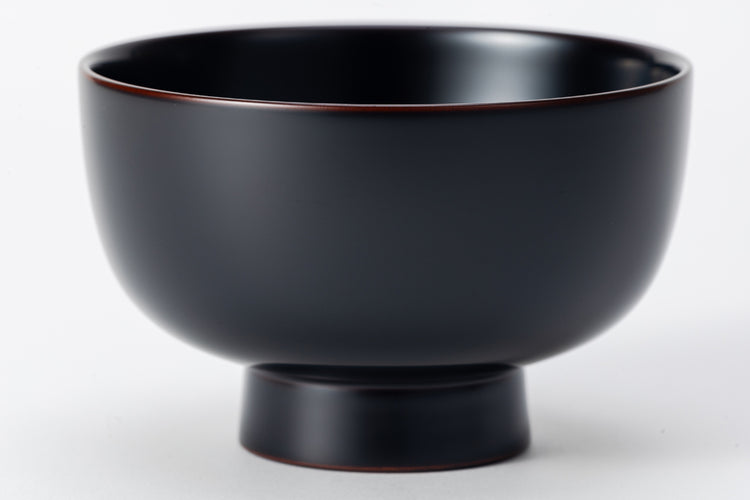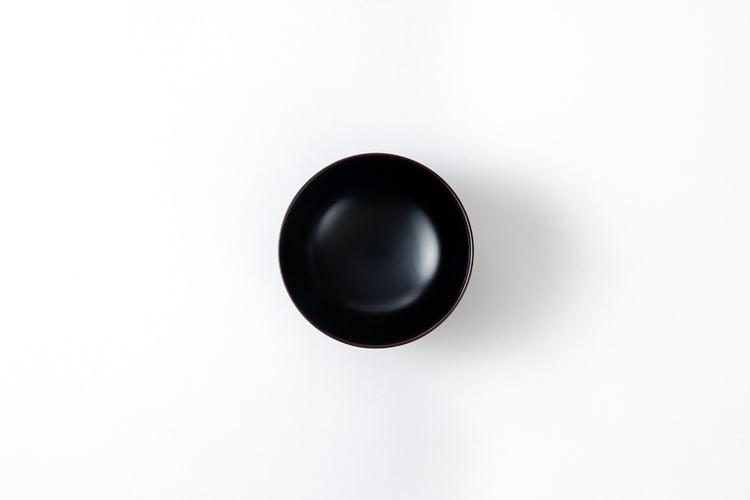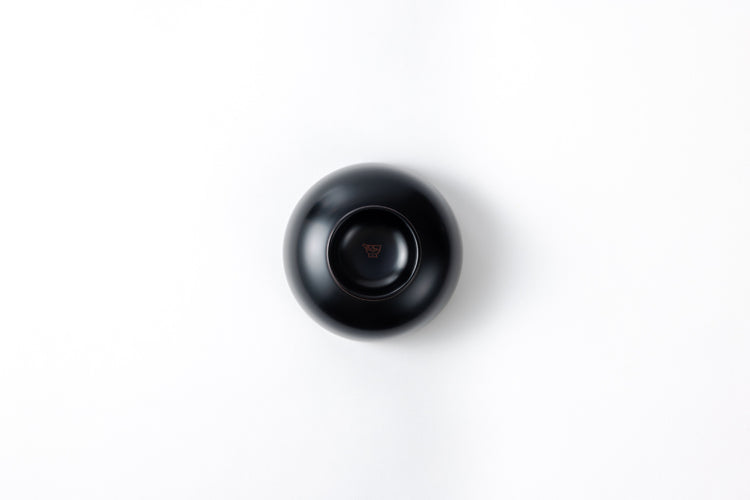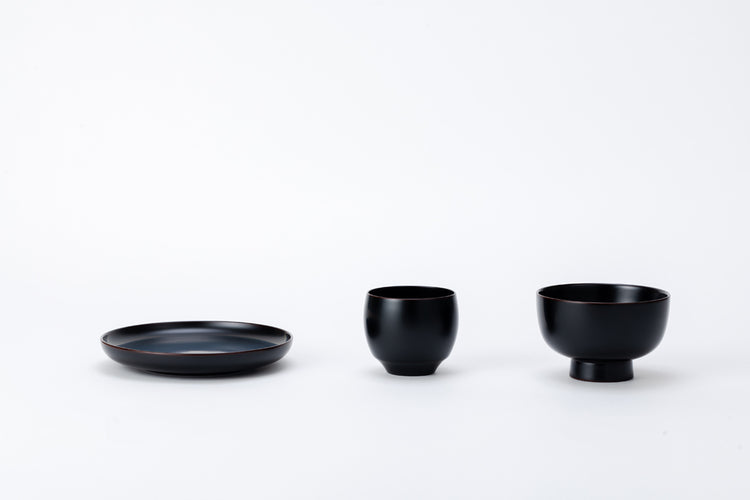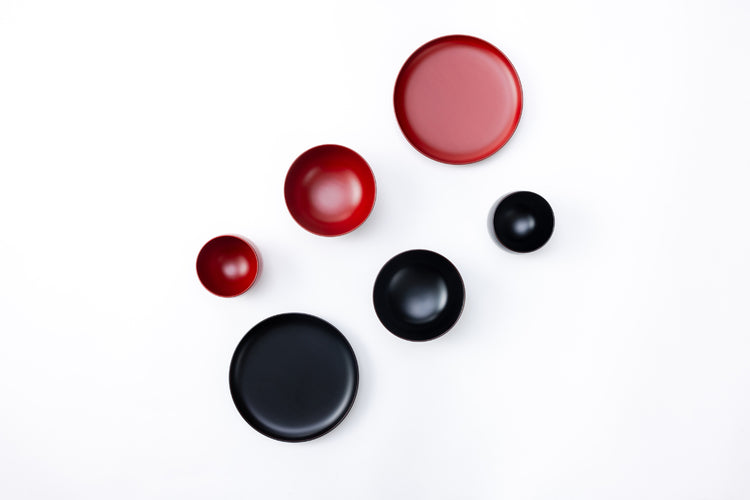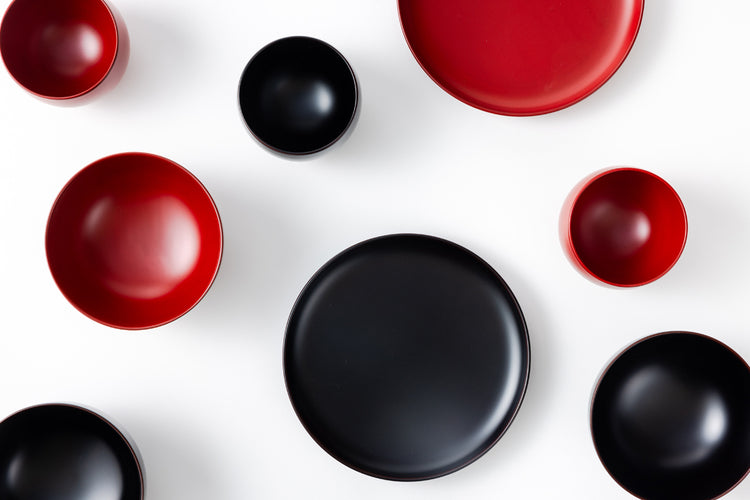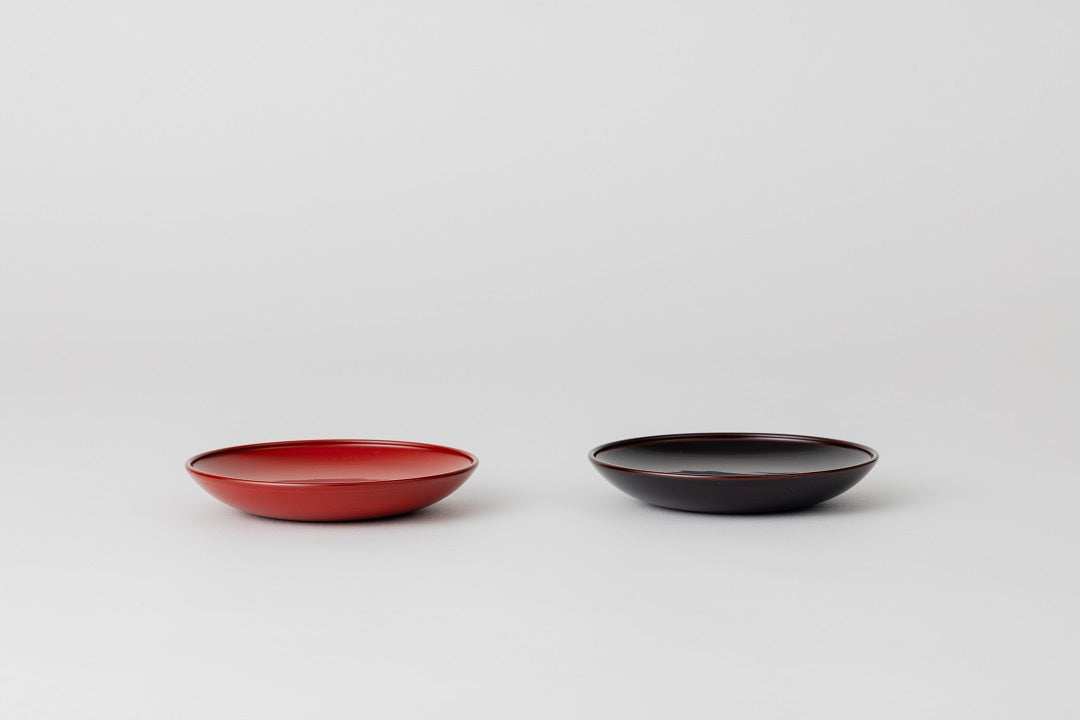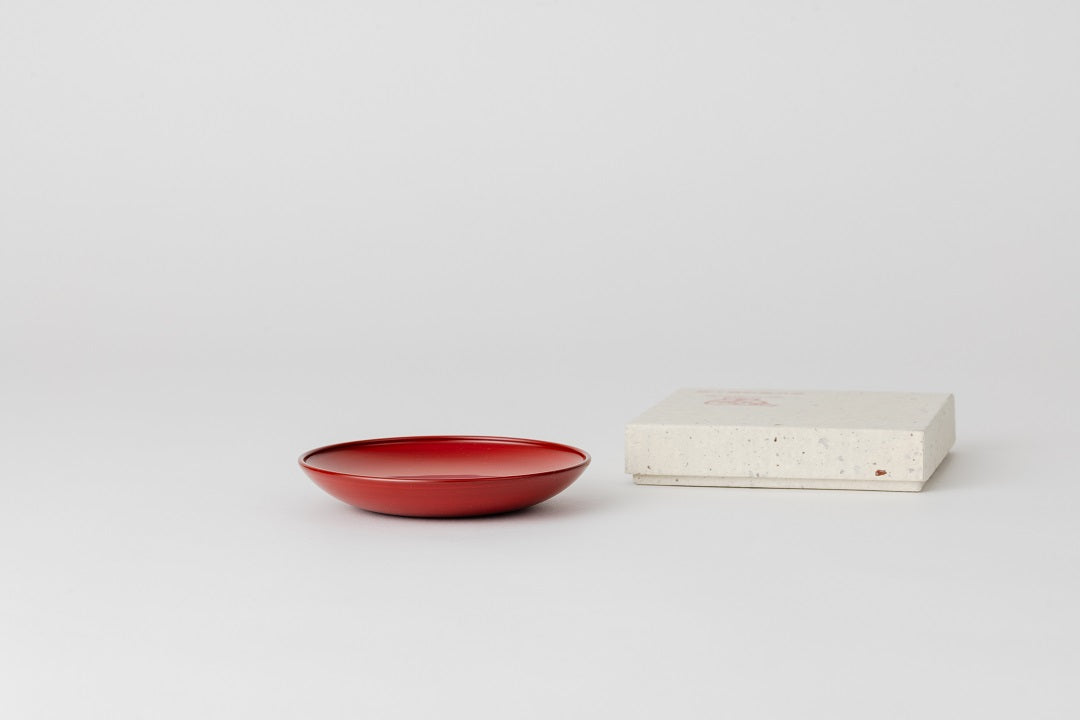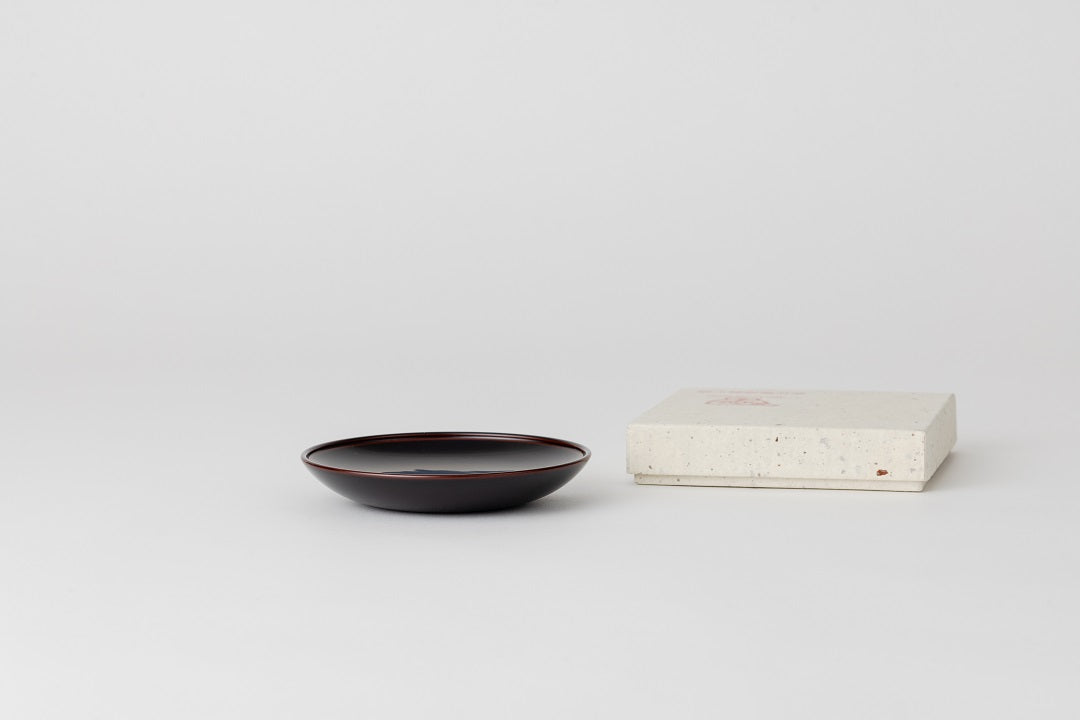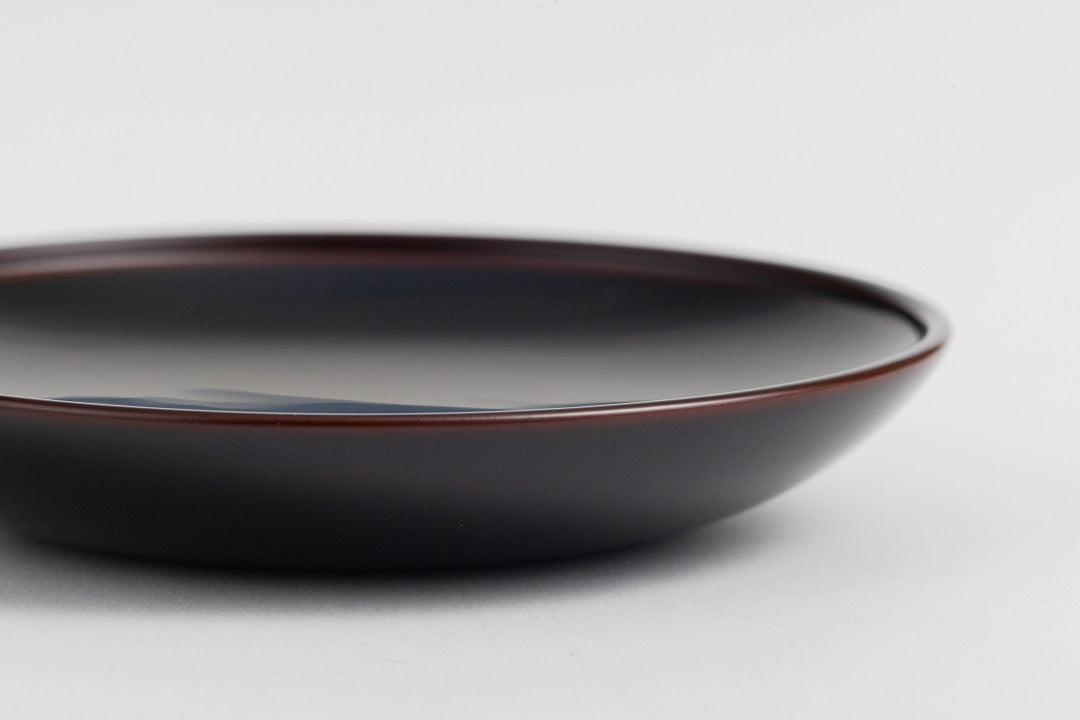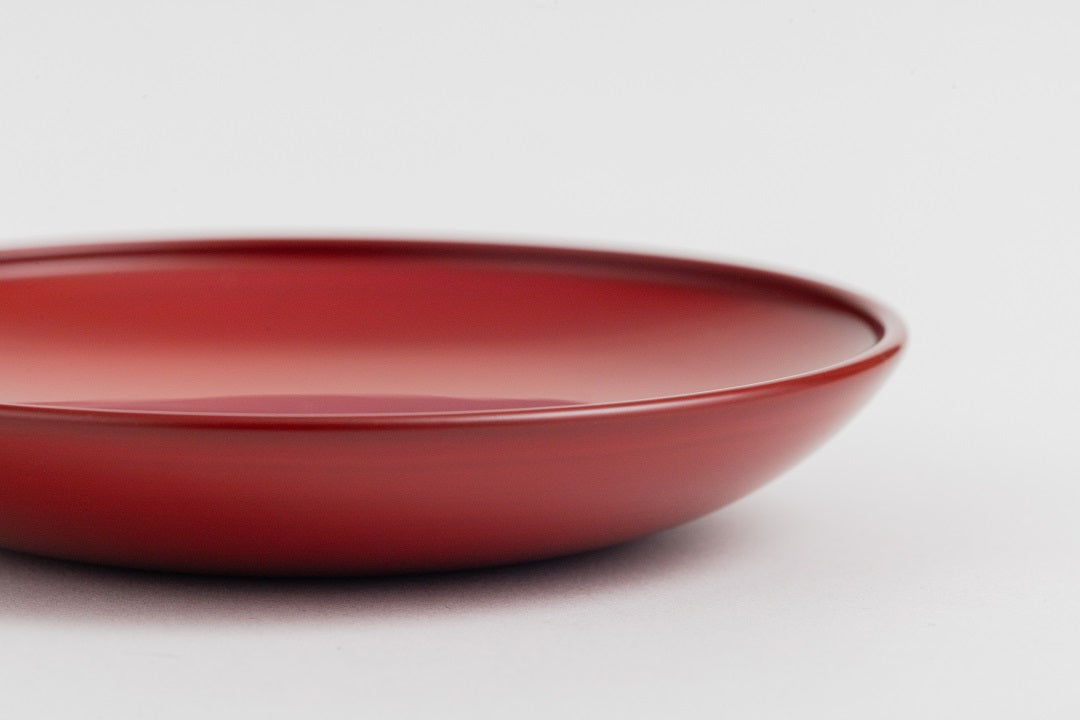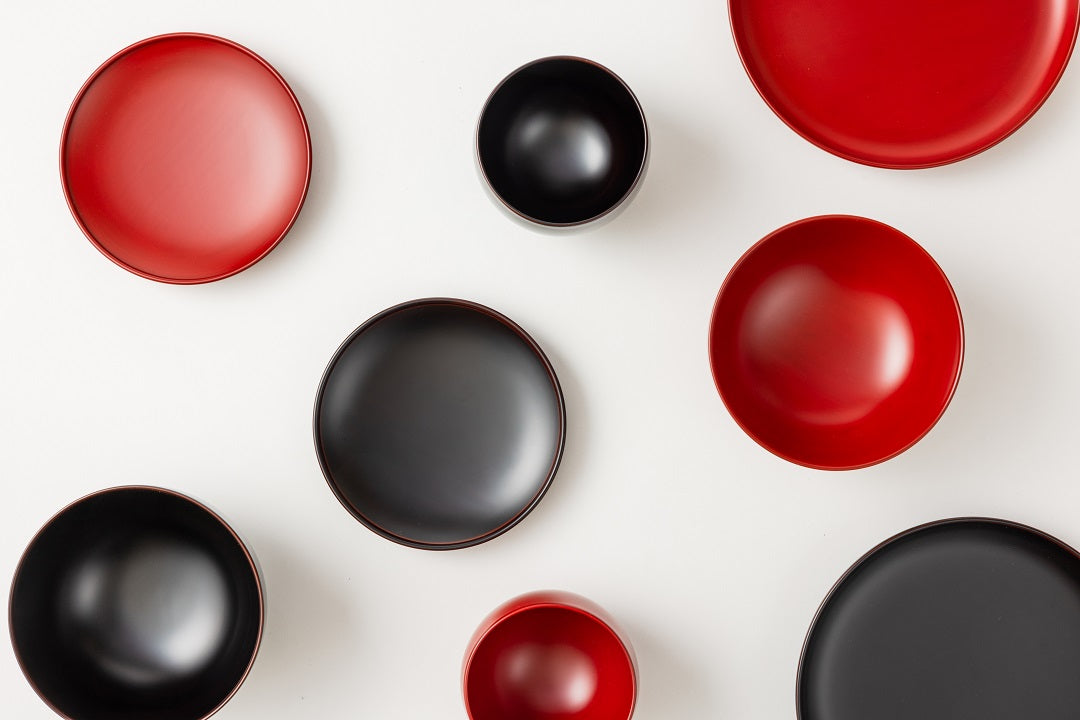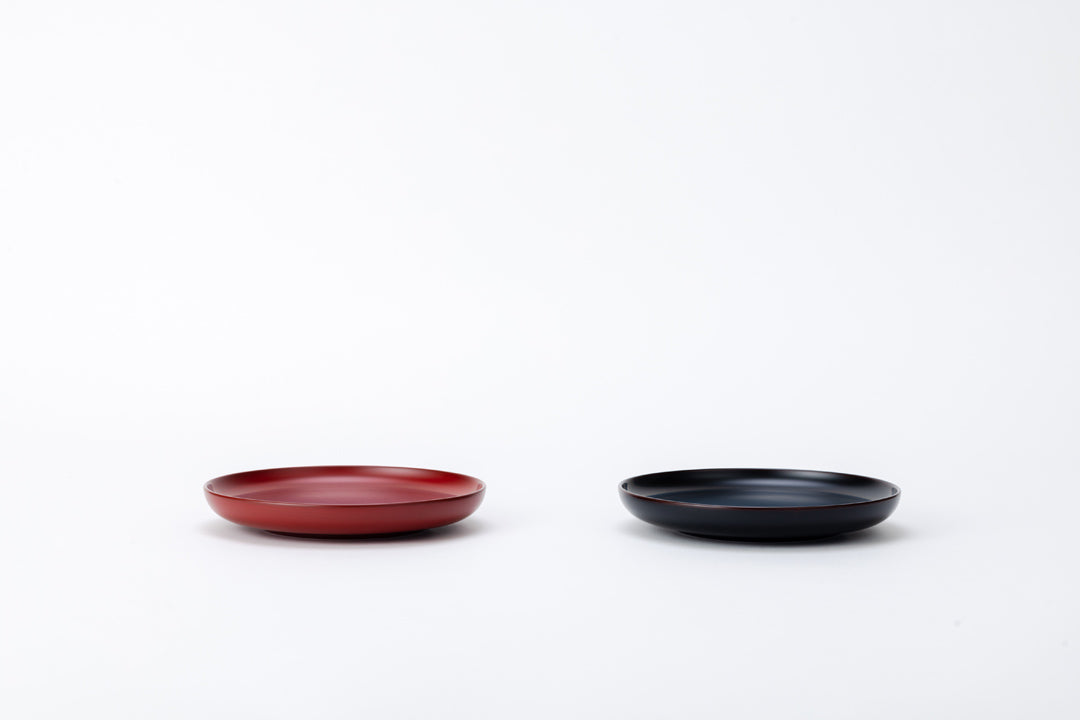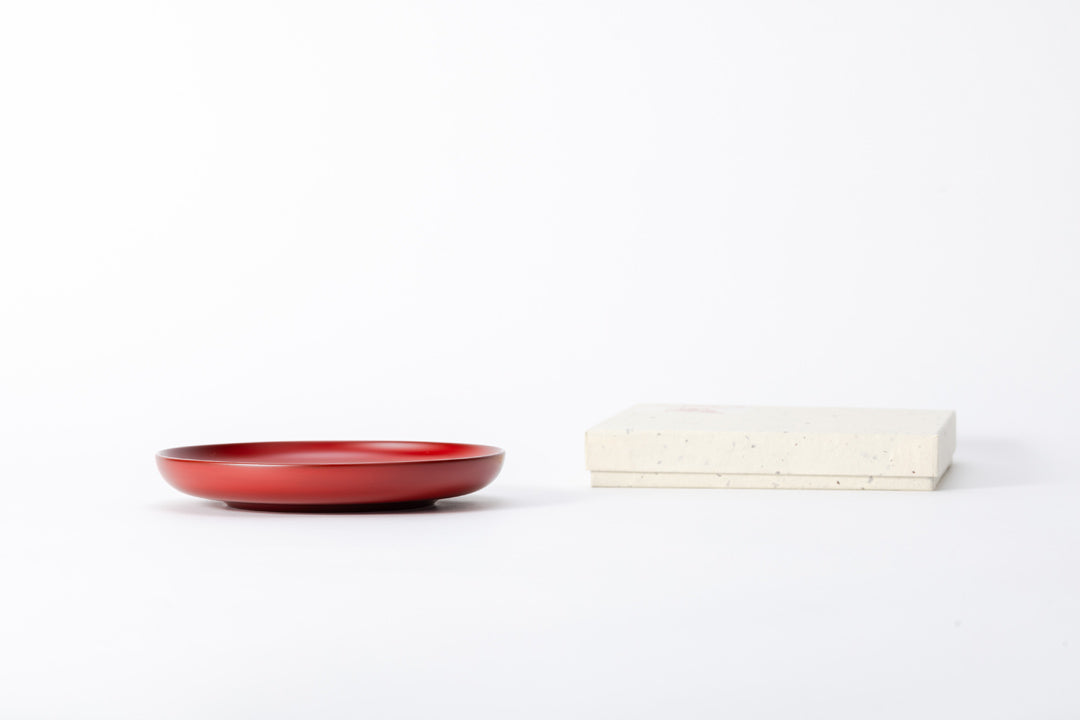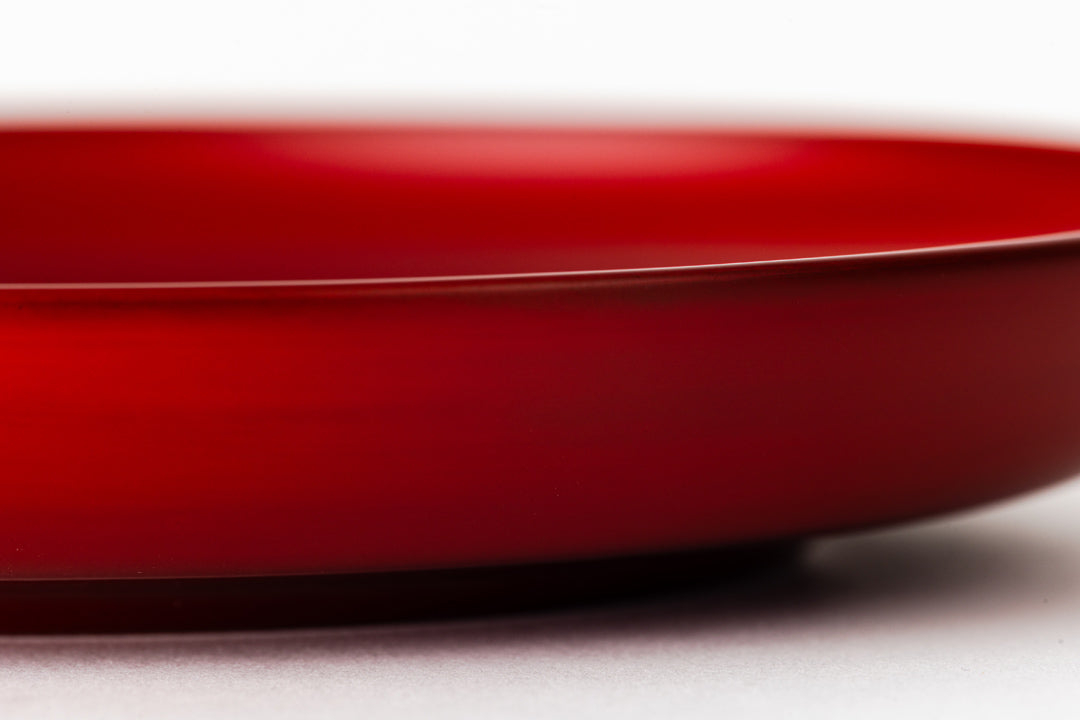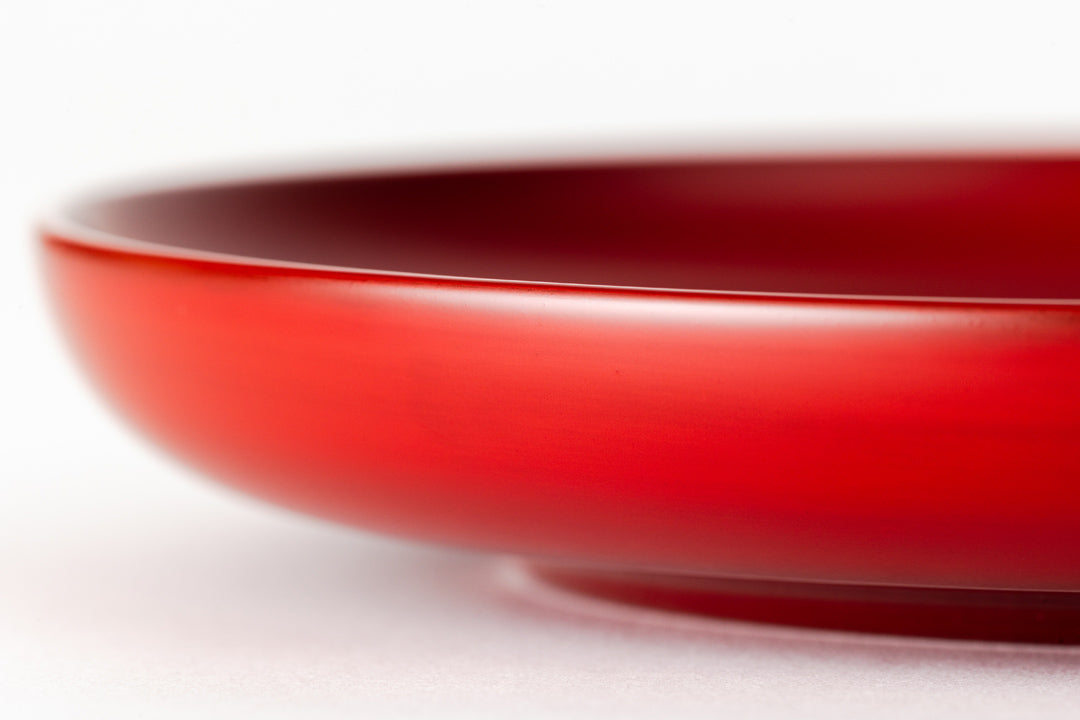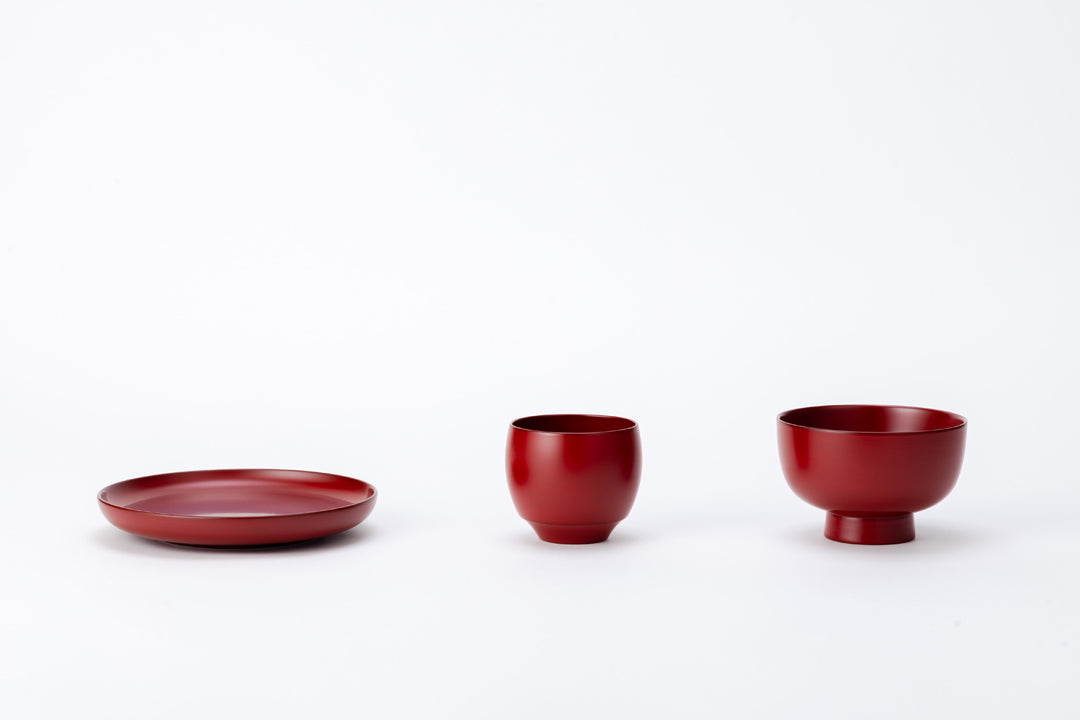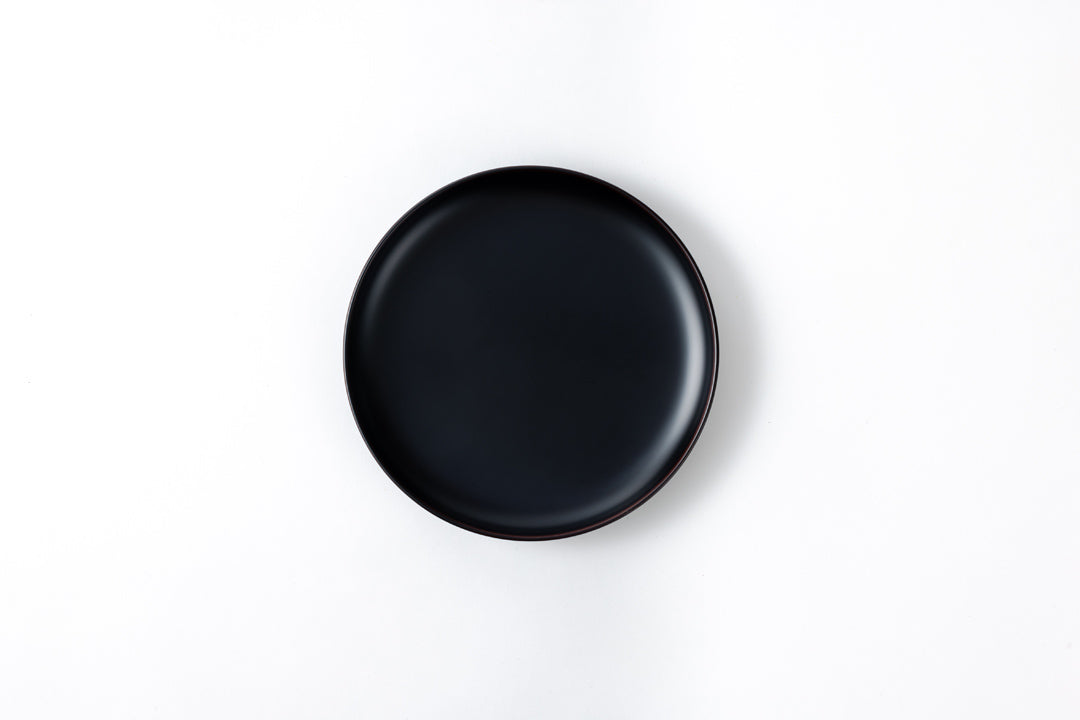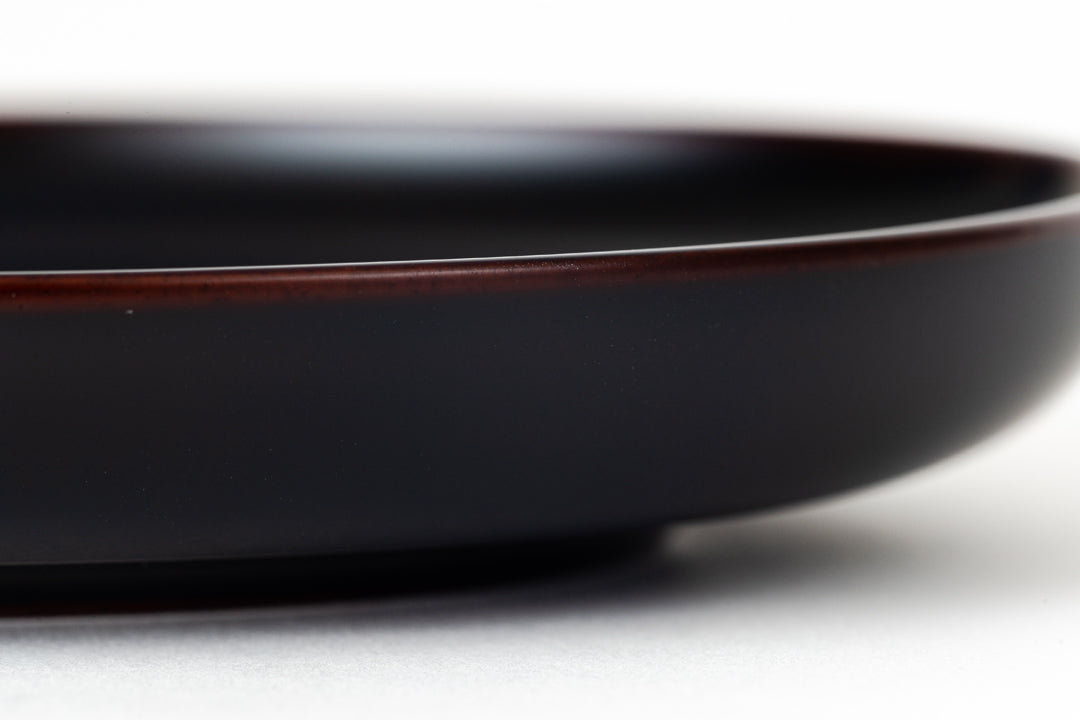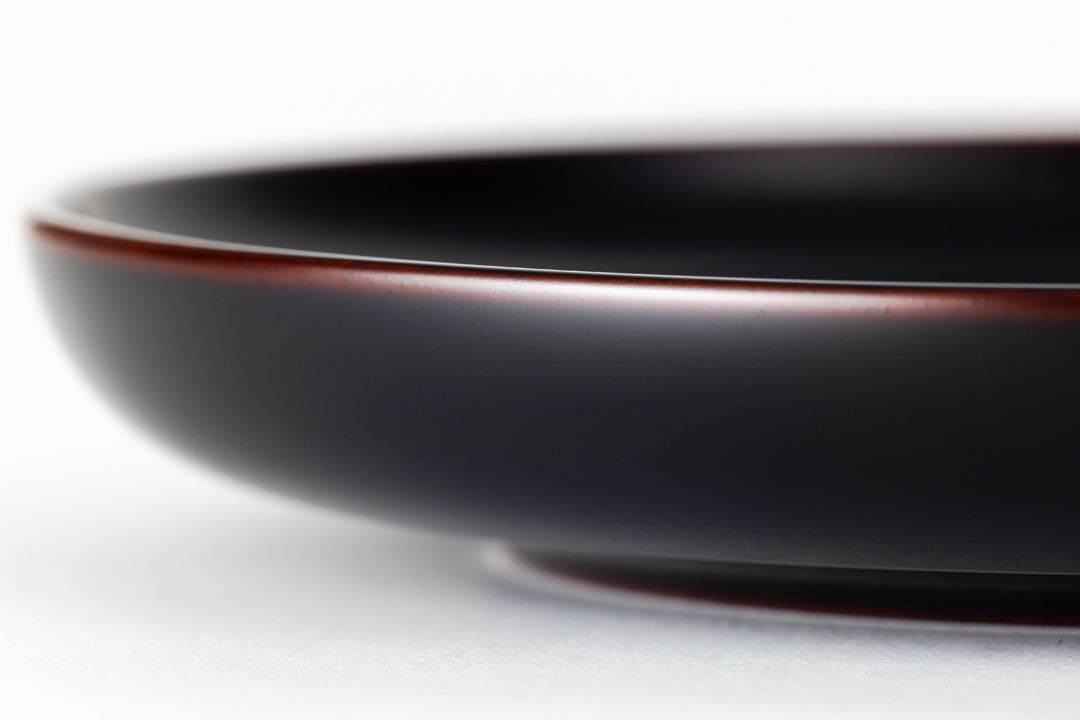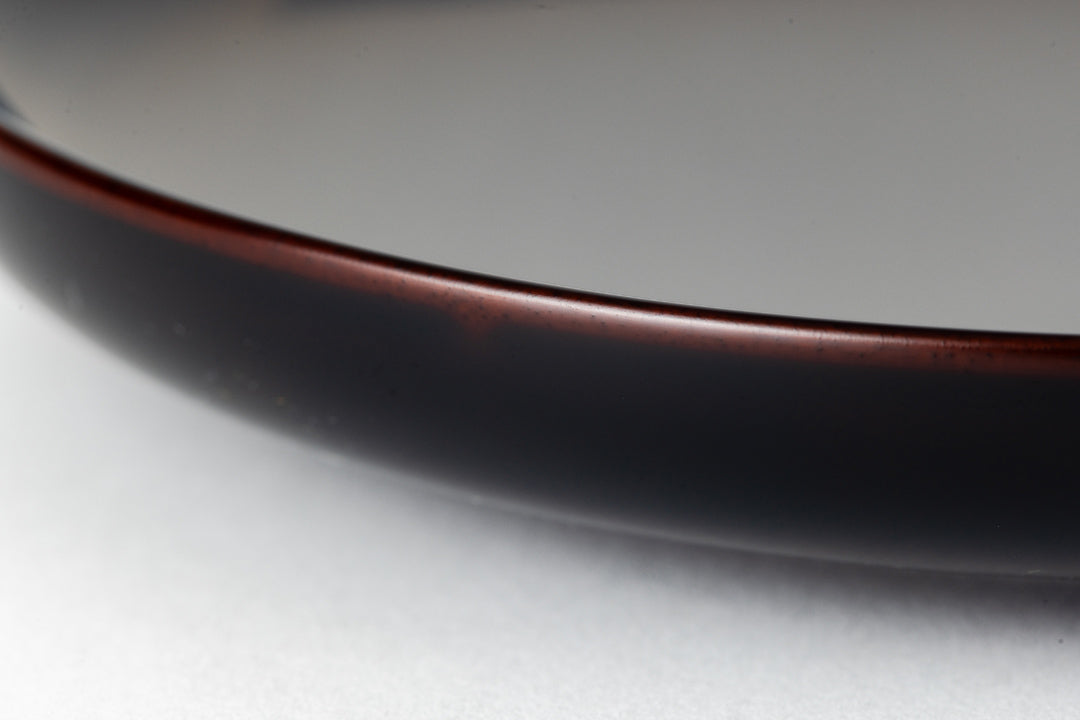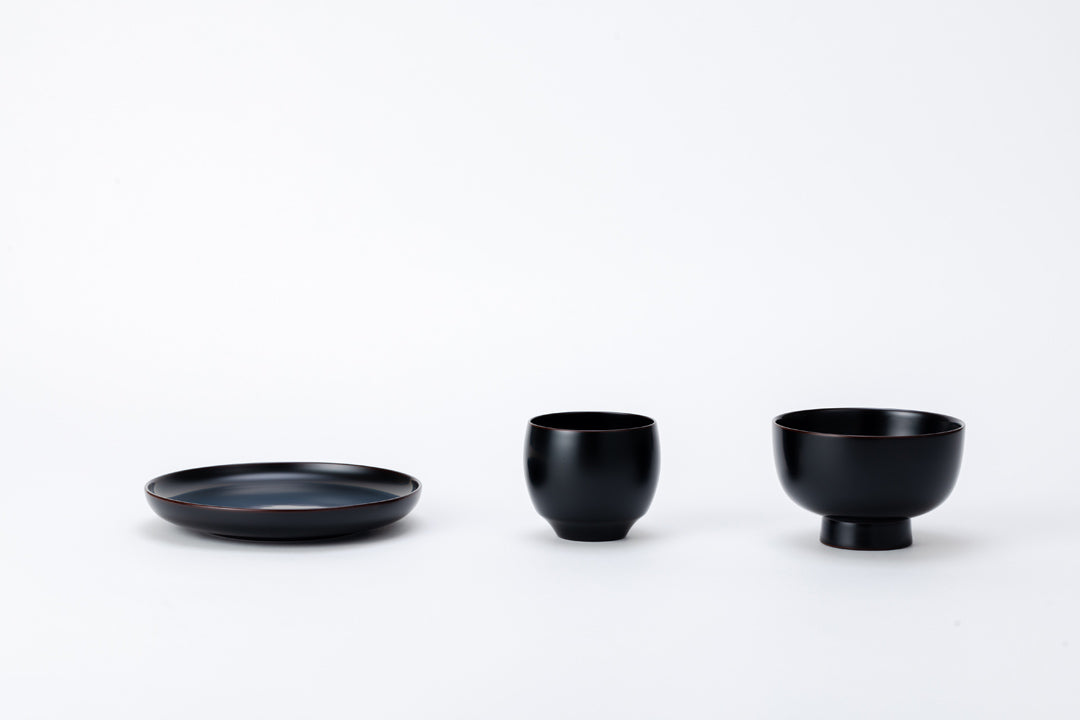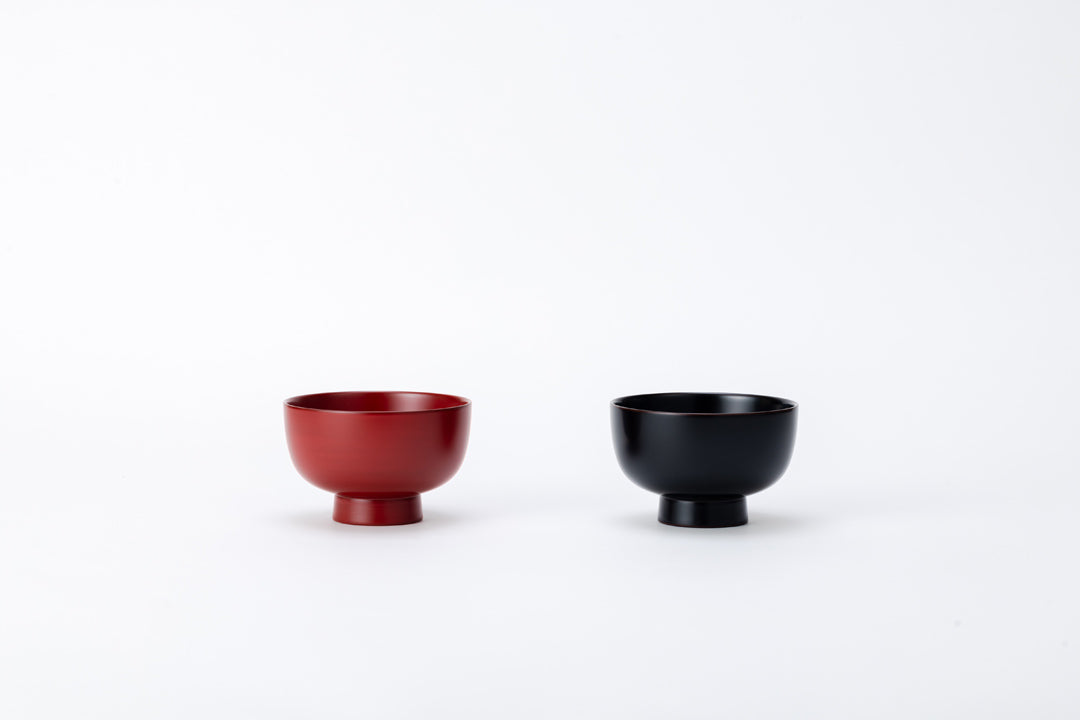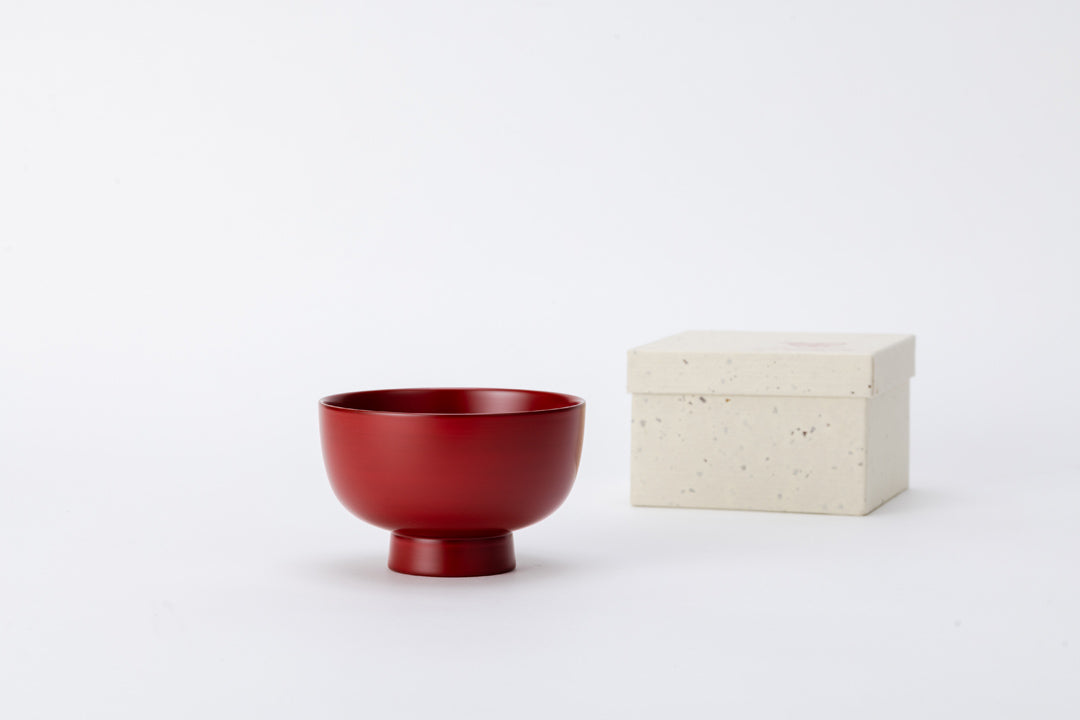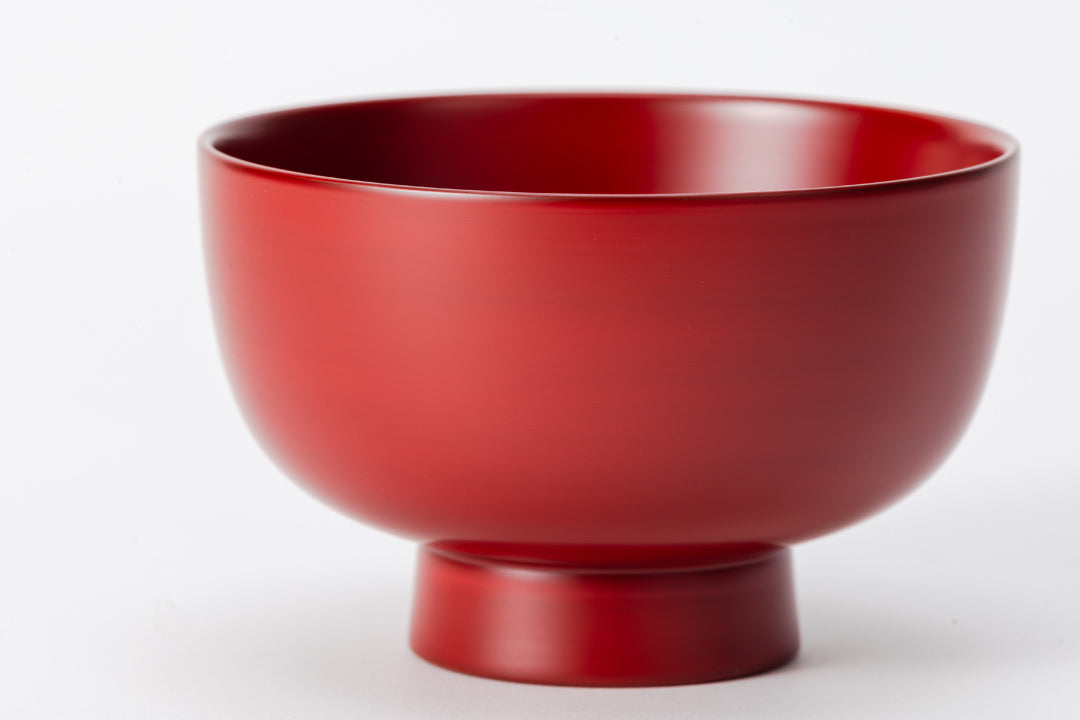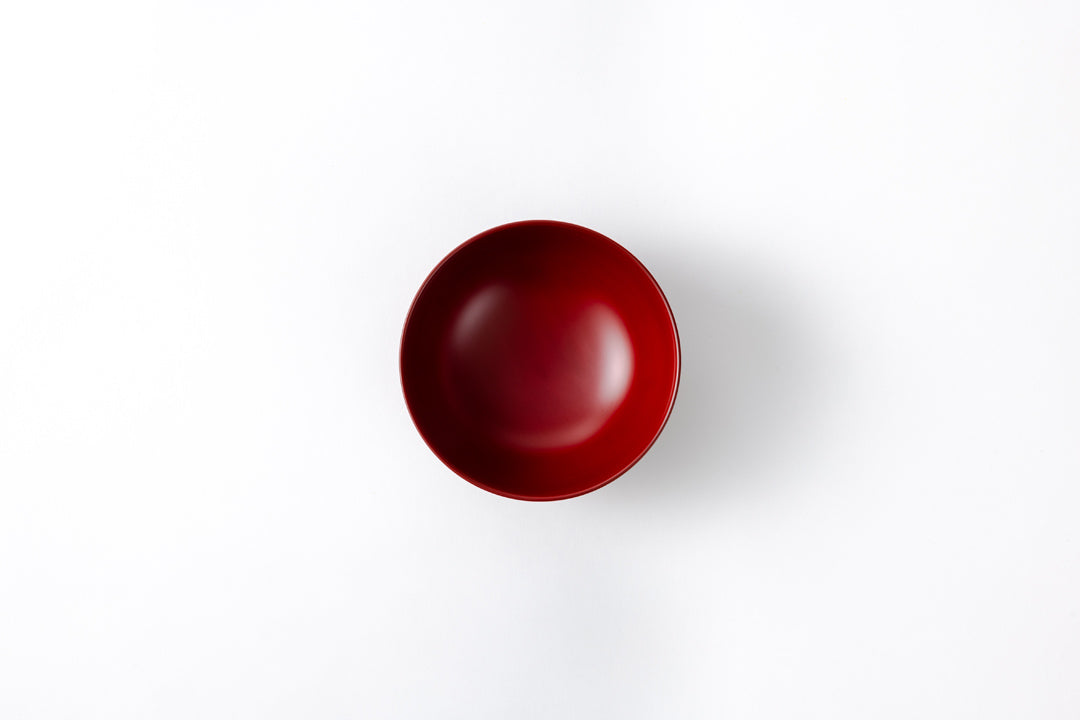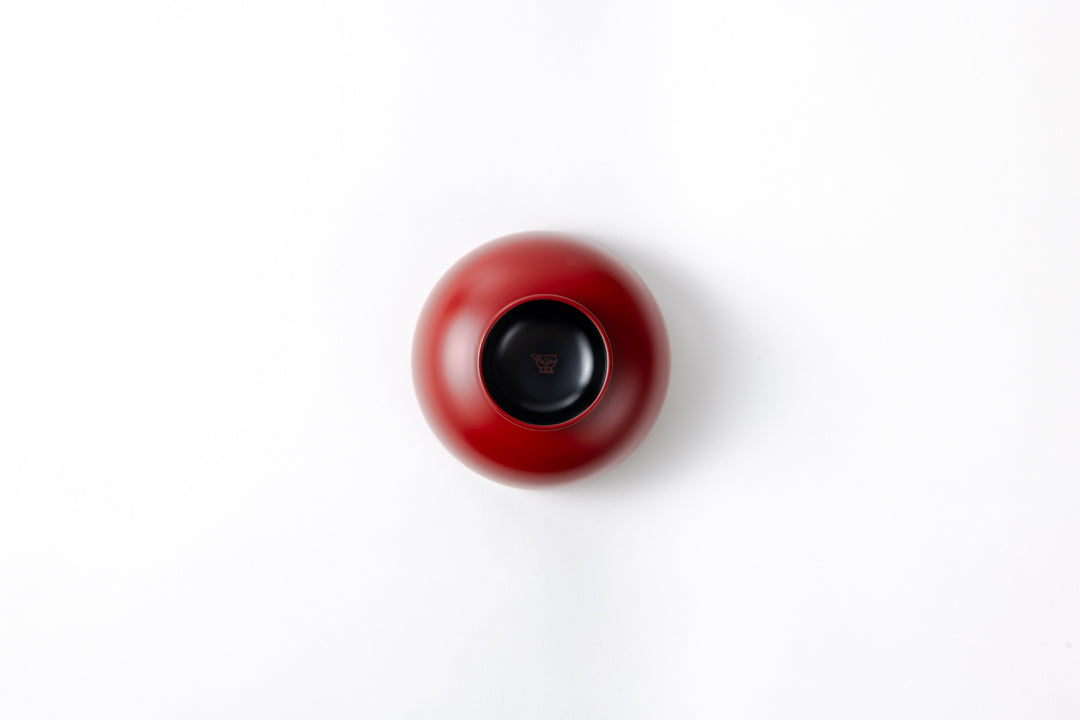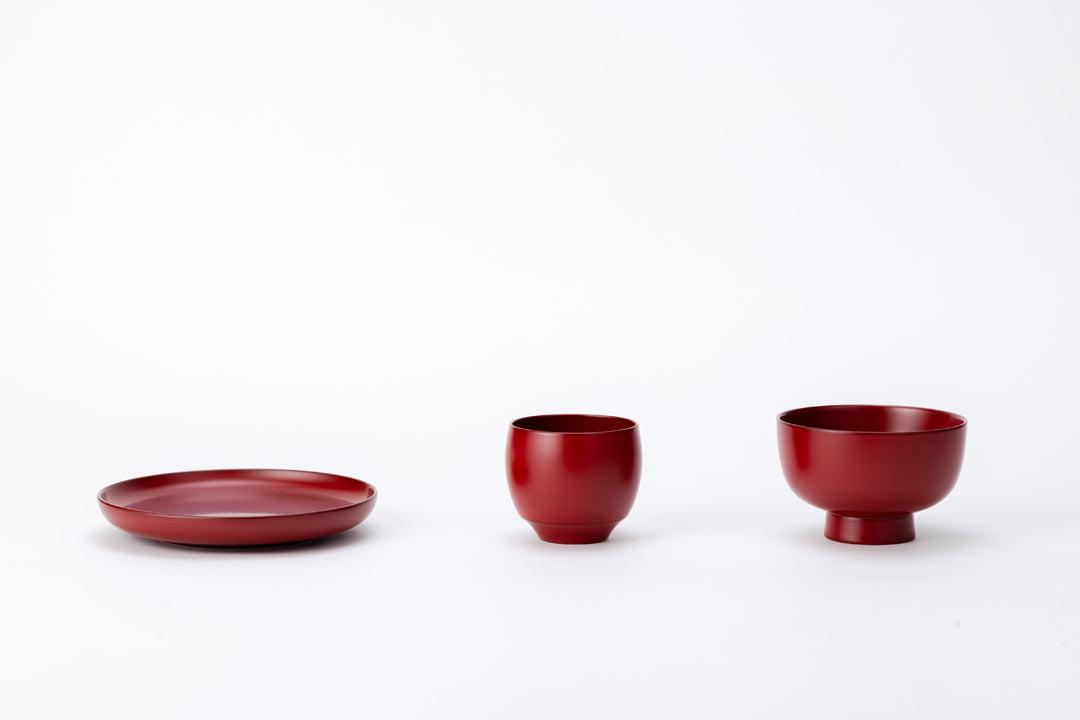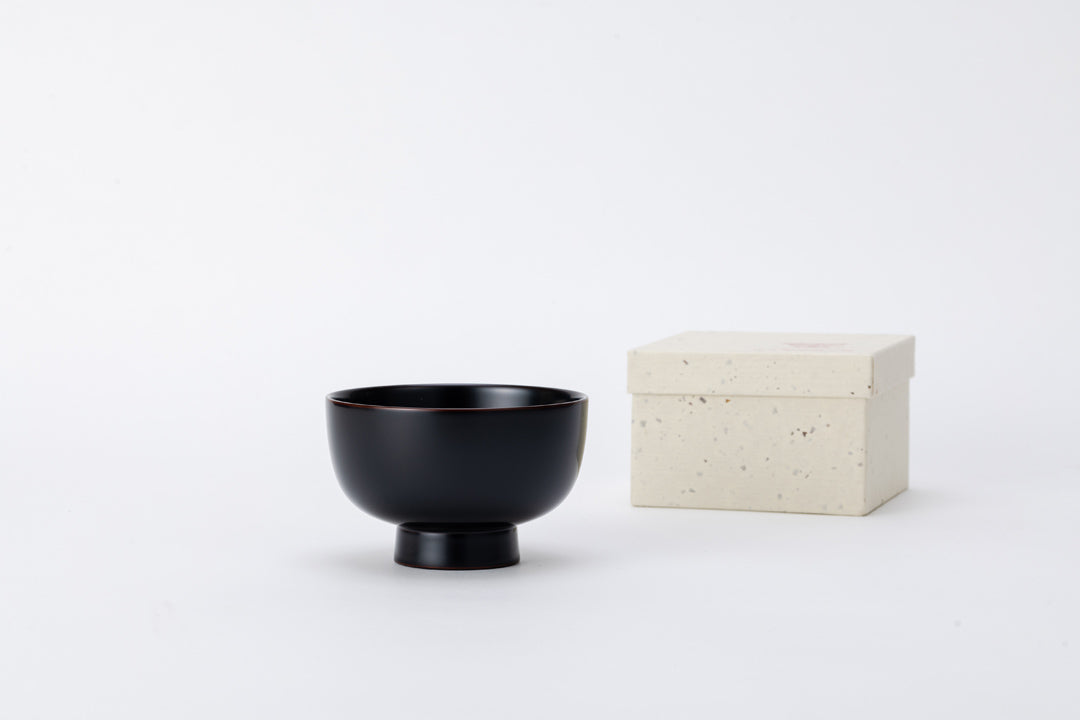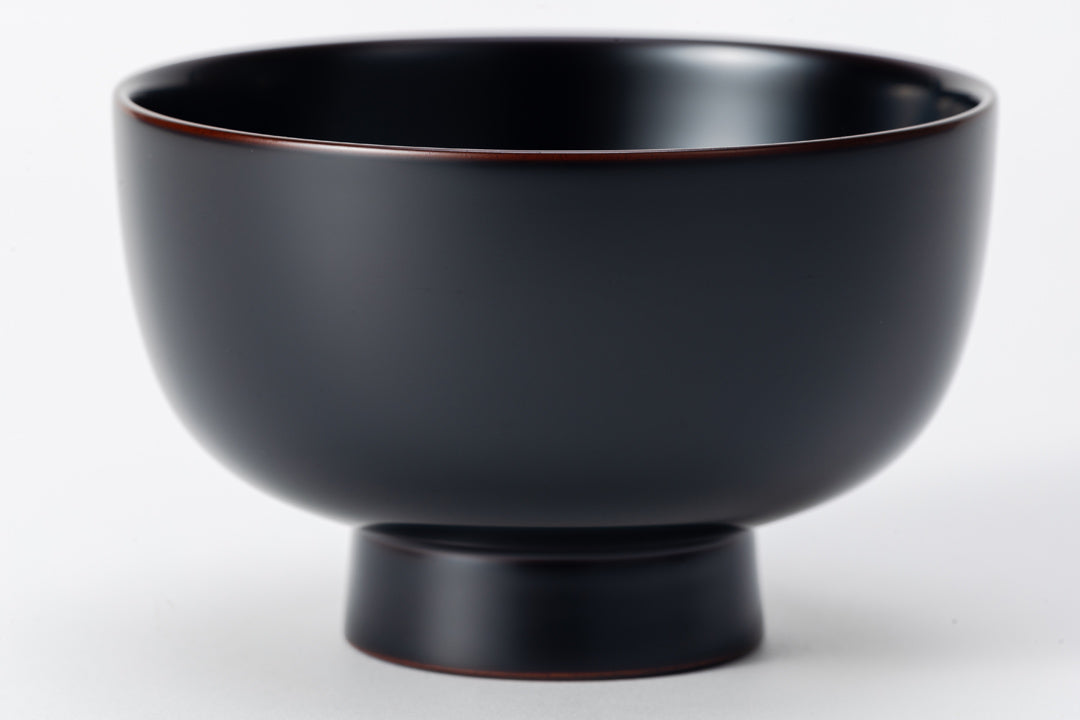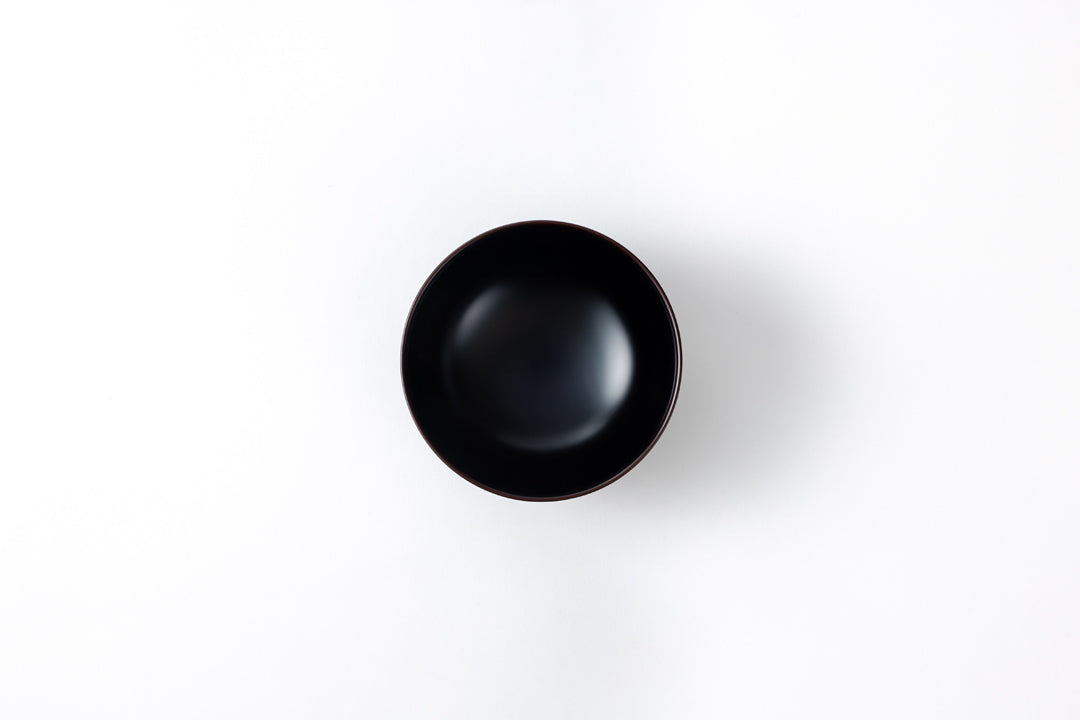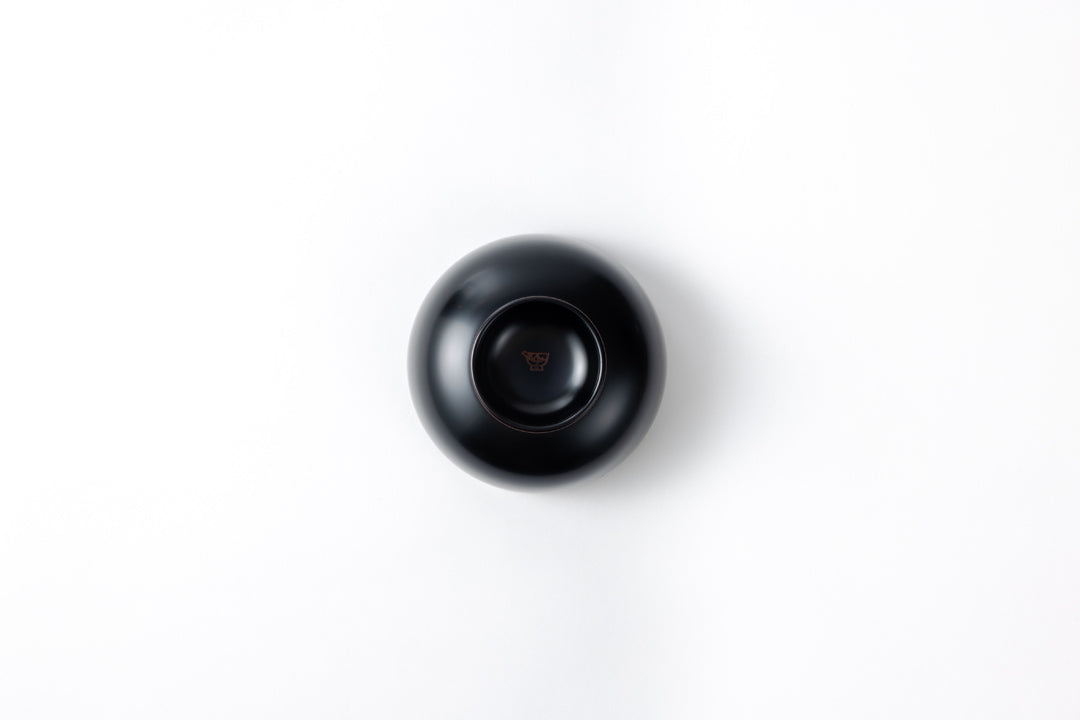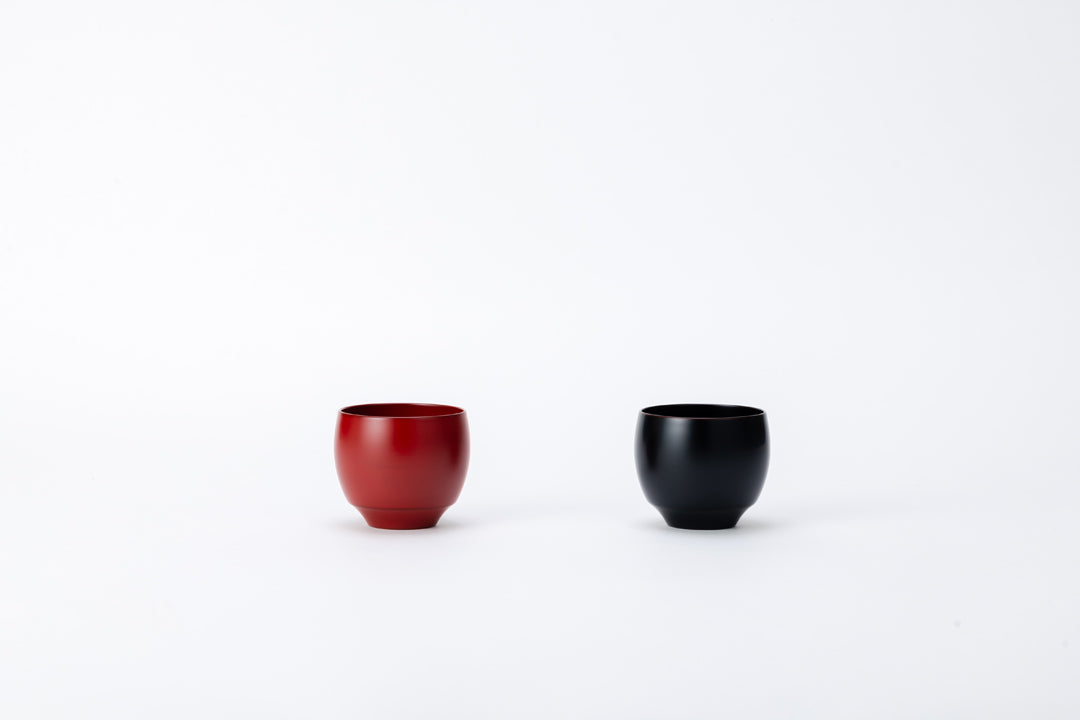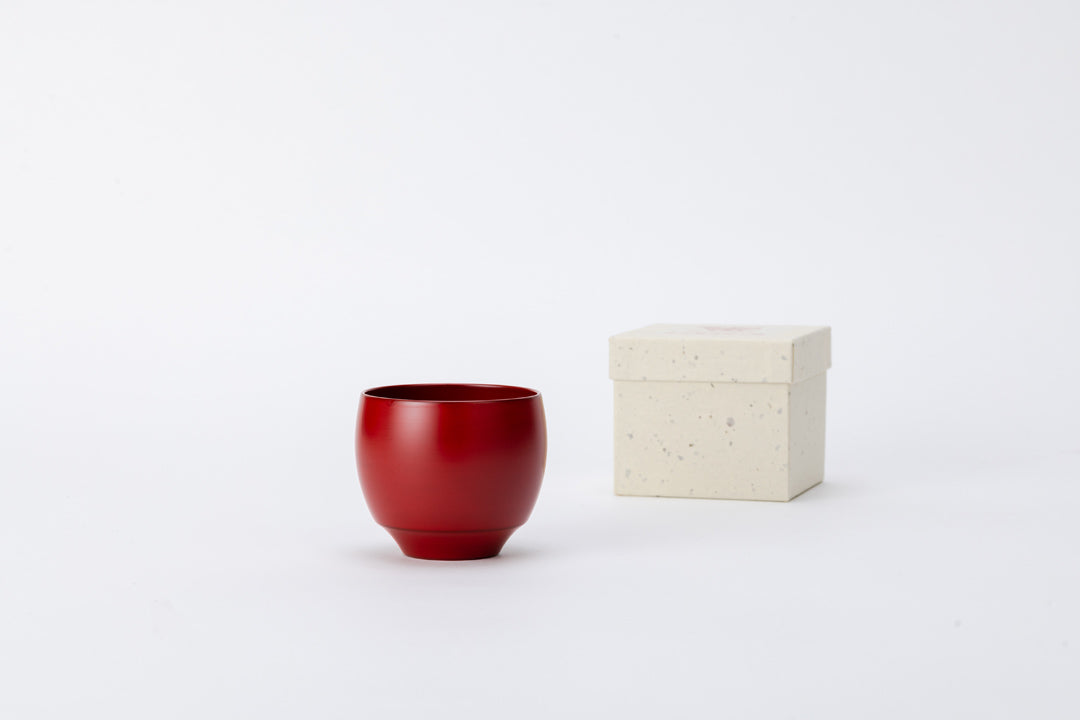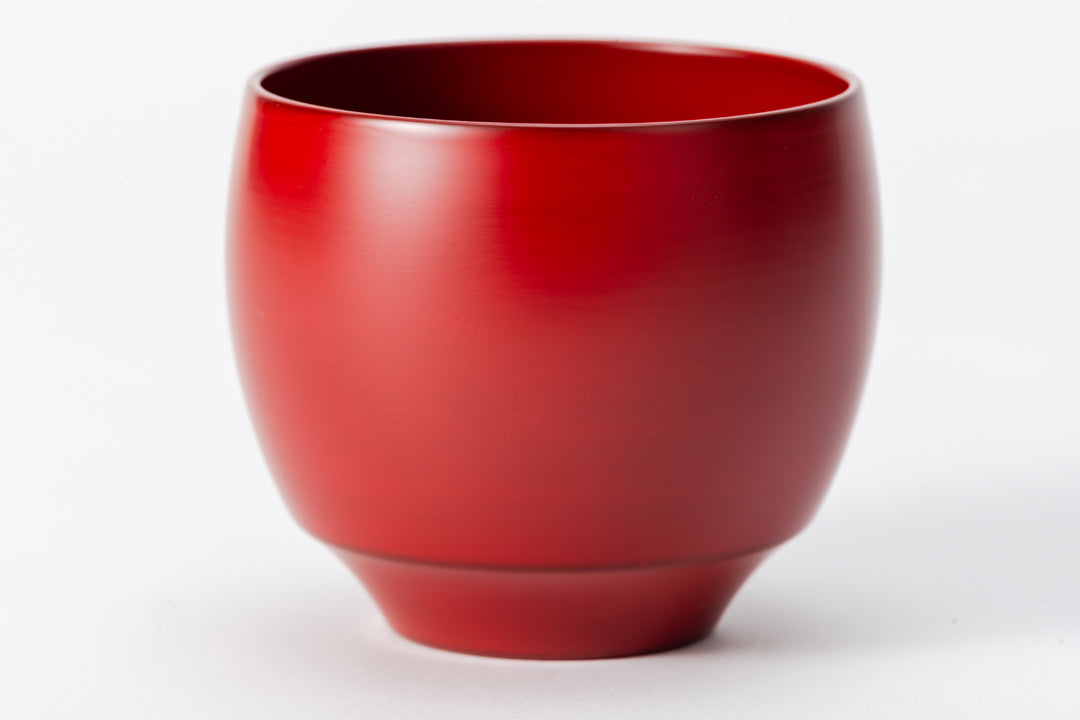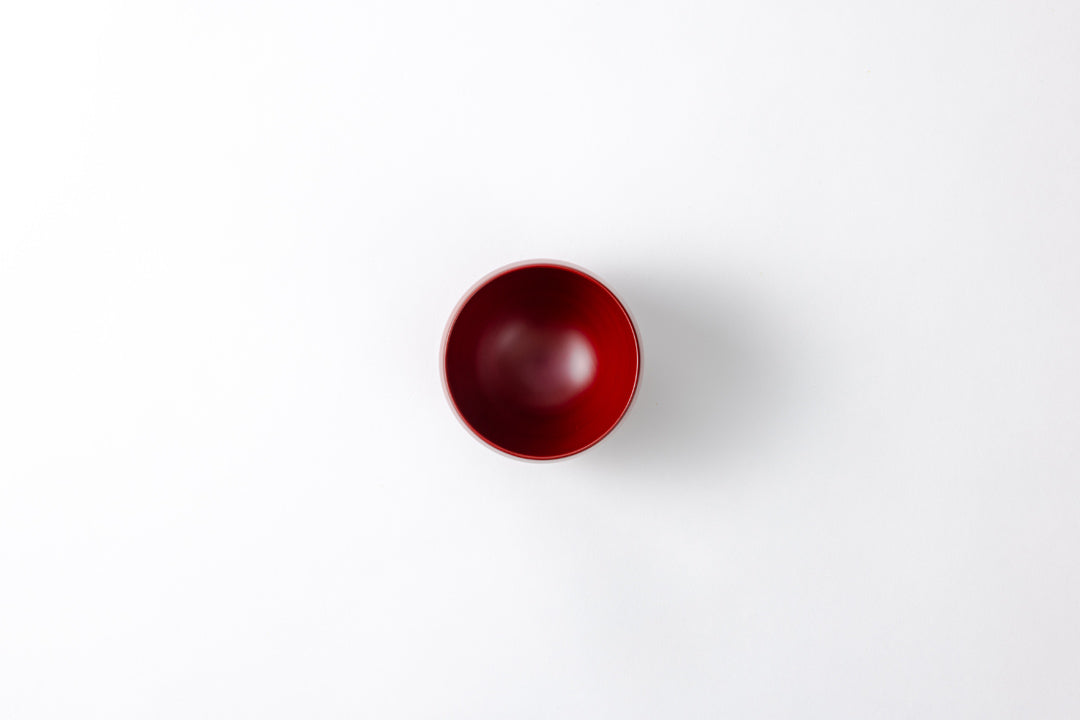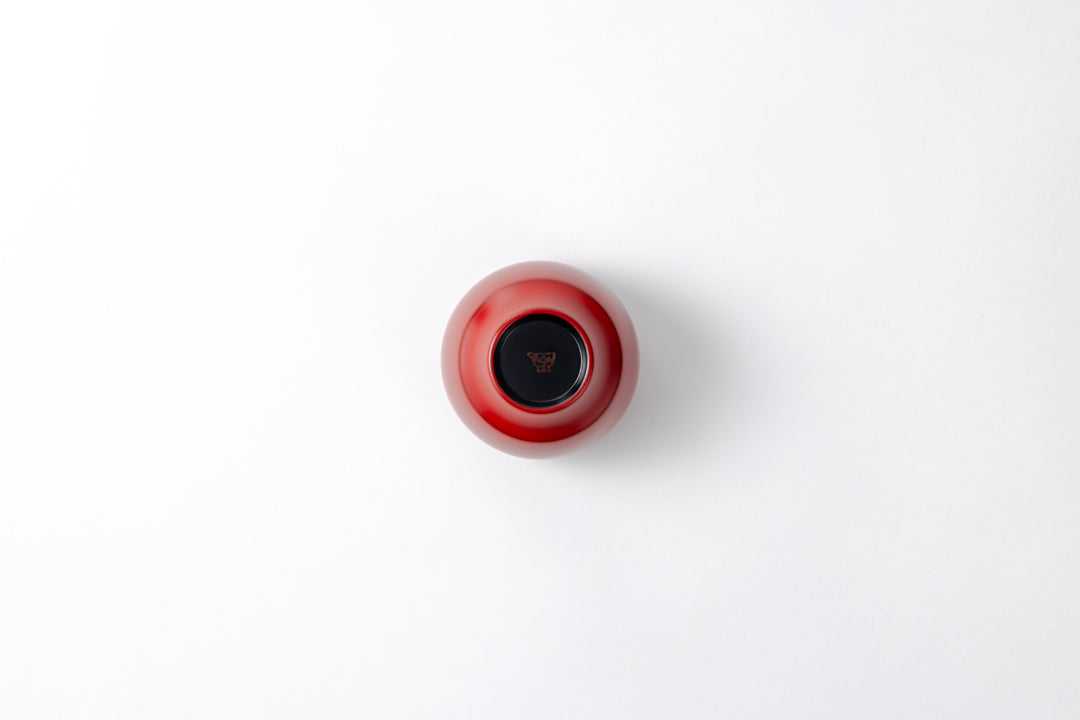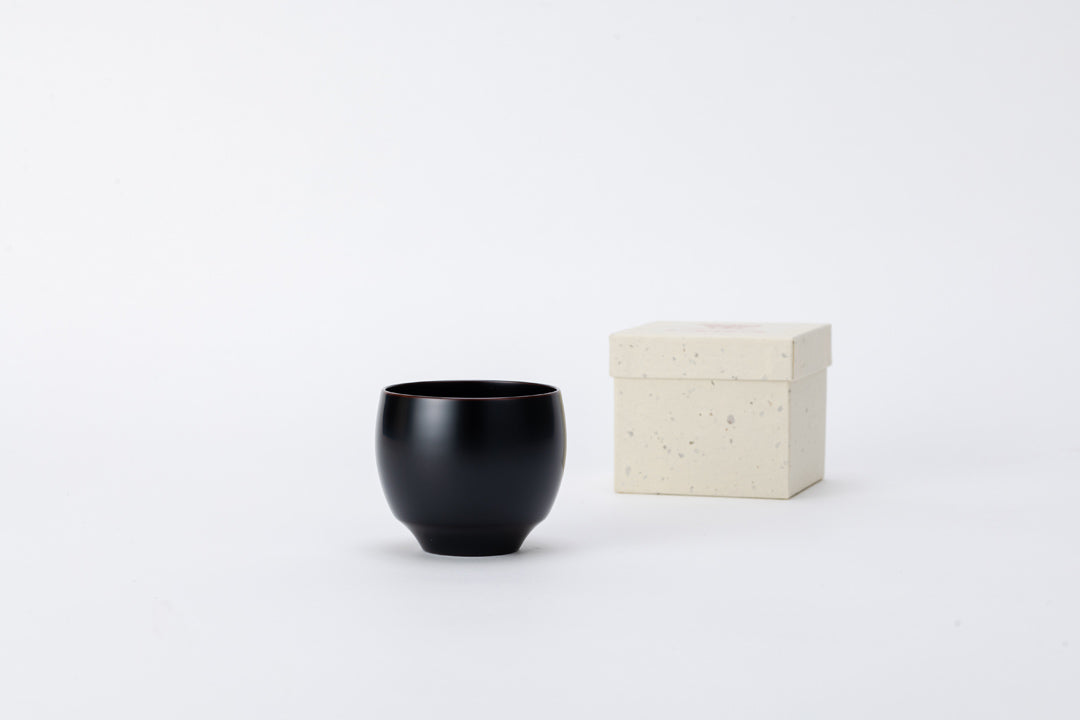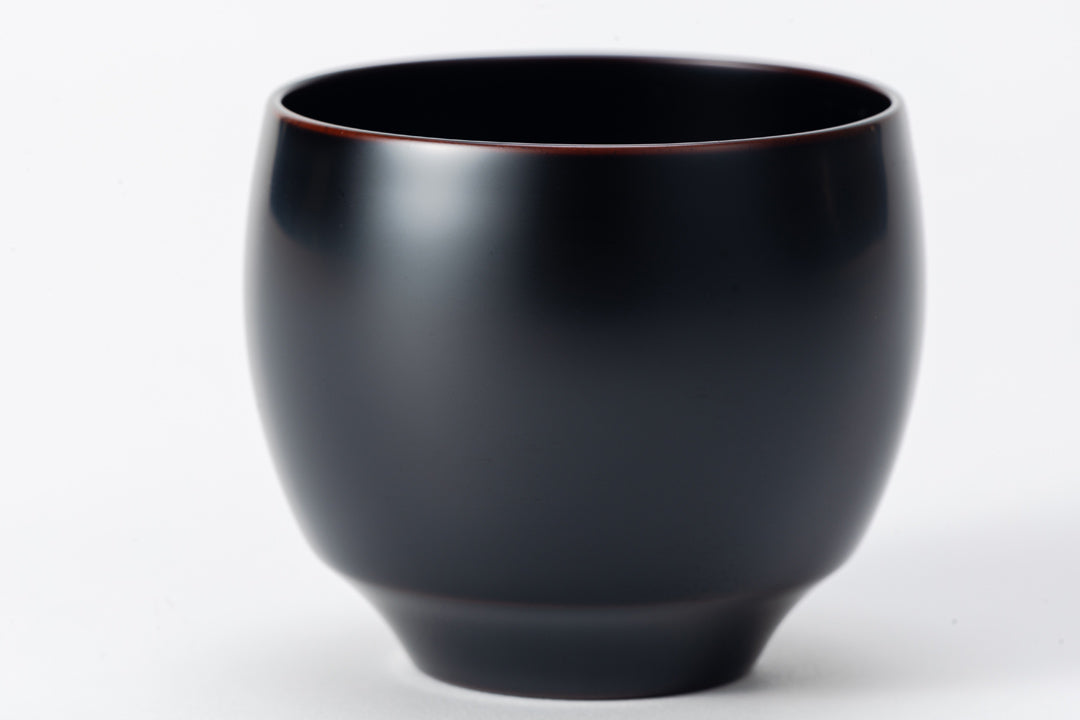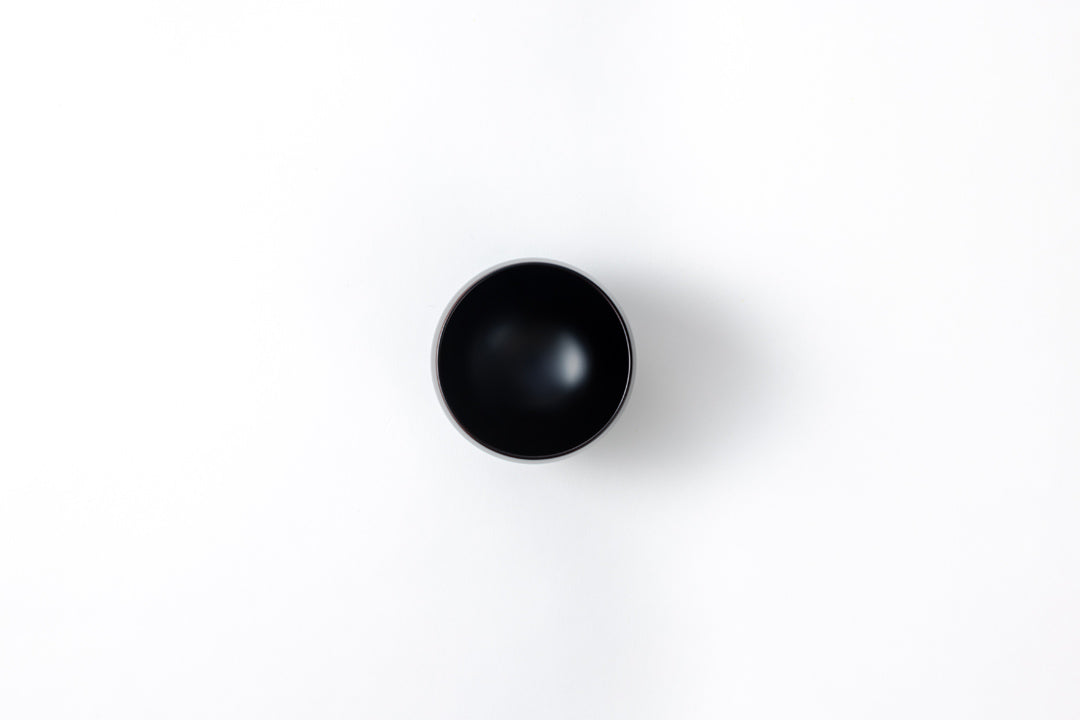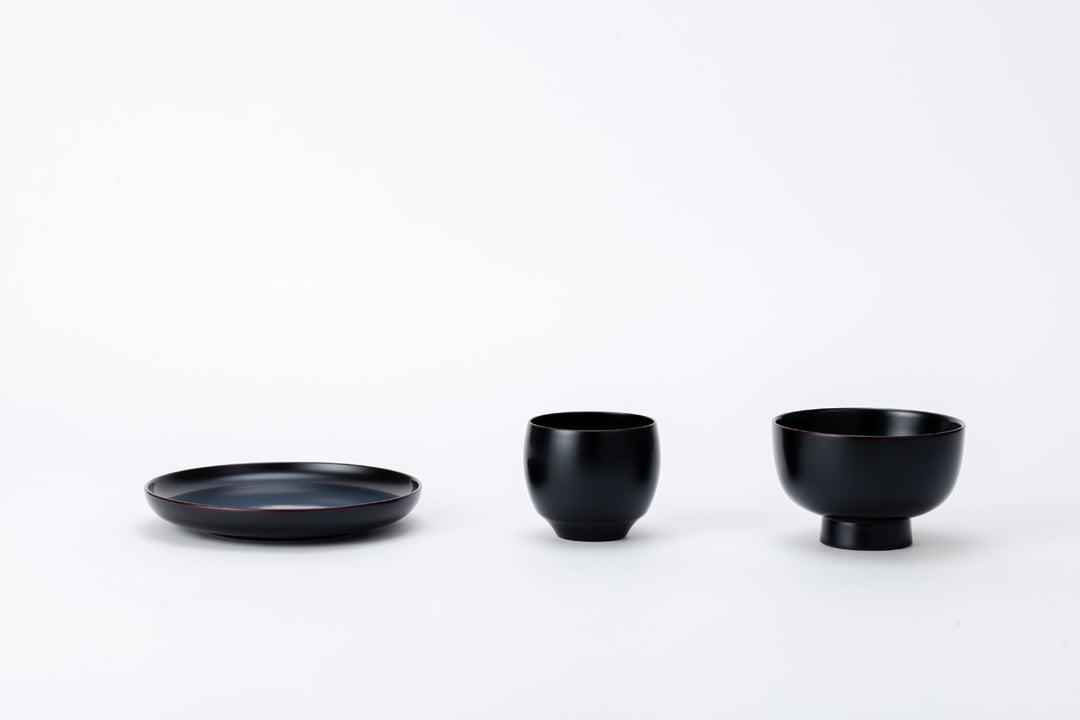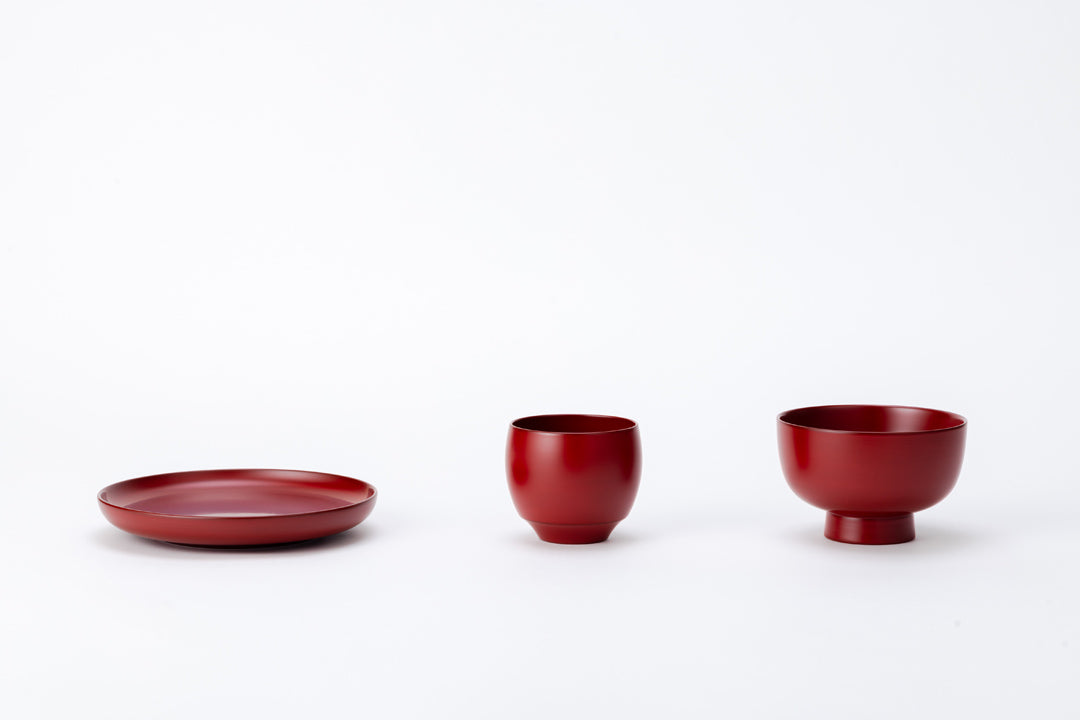The area along the Appi River has a rich history in lacquerware craftsmanship dating back to the Edo period, which earns it the name of Urushi Kaido (Lacquer Road). Upstream, near the mountains, the skilled woodworkers, known as rokuroshi, meticulously crafted wooden utensils from the high-quality raw materials provided by the lush forests of beech and Japanese horse-chestnut. Downstream, urushikaki diligently collected lacquer sap from June to October each year. In Araya-shinmachi, located midstream, artisans known as nushi applied this precious lacquer to give the final touch to the lacquerware.Accordingly, since the lacquerware was originally produced in the Araya-shinmachi region, where the Appi Urushi Studio is currently located, the lacquerware used to be called Arasawa lacquerware. Also, Araya-shimachi once prospered due to the lacquerware industry and functioned as a connecting point between Morioka and Odate, Akita. Although logging is no longer practiced in the nearby mountains, Appi Urushi Studio remains committed to using domestically sourced timber like Japanese cherry birch, horse-chesnut, and zelkova, ensuring their products are durable and resistant to cracks.
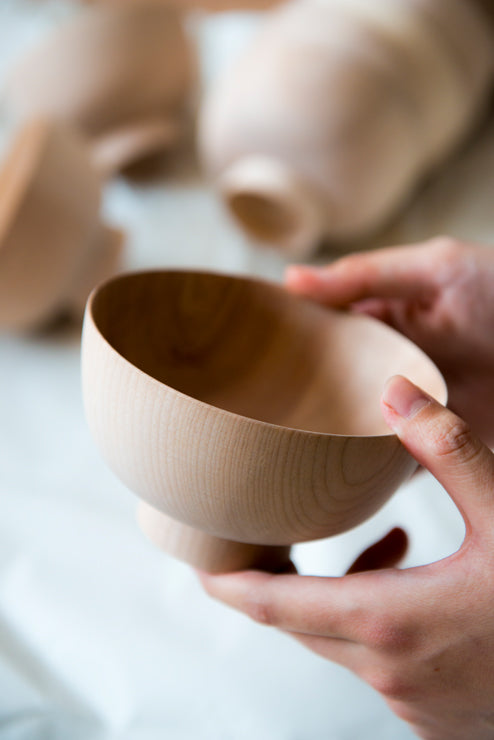
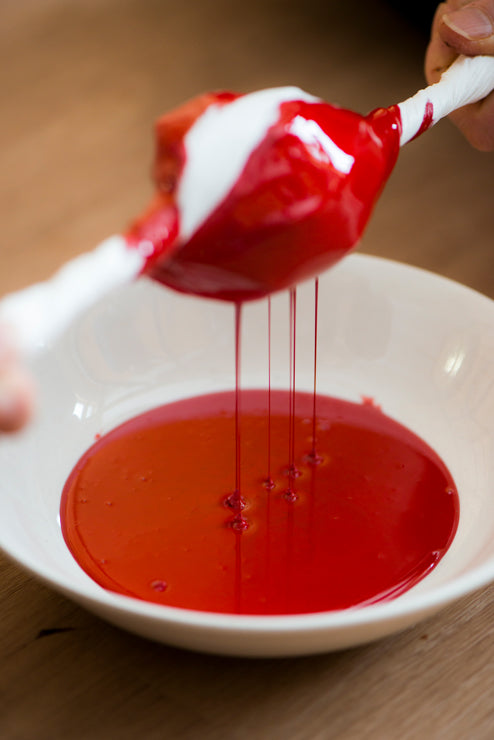
As post-war lifestyles evolved, the demand for lacquerware significantly declined, causing Arasawa lacquerware to disappear at a time. To revitalize the lacquer culture in the Appi River, the Ashiro Urushi Technical Research Center was founded in 1983 with a focus on apprentice training. Over the past 40 years, the center has trained more than 70 artisans, who have mastered the Appi Urushi technique and are active nationwide. Finally, in 1999, Appi Urushi Studio emerged, catering to the needs of artisans still active in the local Iwate region. Serving as a hub for activities, production, and sales of Appi Urushi, the studio continues to create lacquerware that integrates seamlessly into local and everyday life.
Light and soft to touch, lacquerware not only offers visual harmony with its humble and gentle curves but also can moderate temperature, making it perfect for soup bowls. Additionally, lacquerware is convenient to carry around. In the past, farming families along the Appi River often carried a type of lacquerware plate called kobiru-zara to serve pickles and rice balls. Through field research, Appi Urushi Studio values the local context and strives to create lacquerware that is affordable, easy to use, and integrated into everyday life.
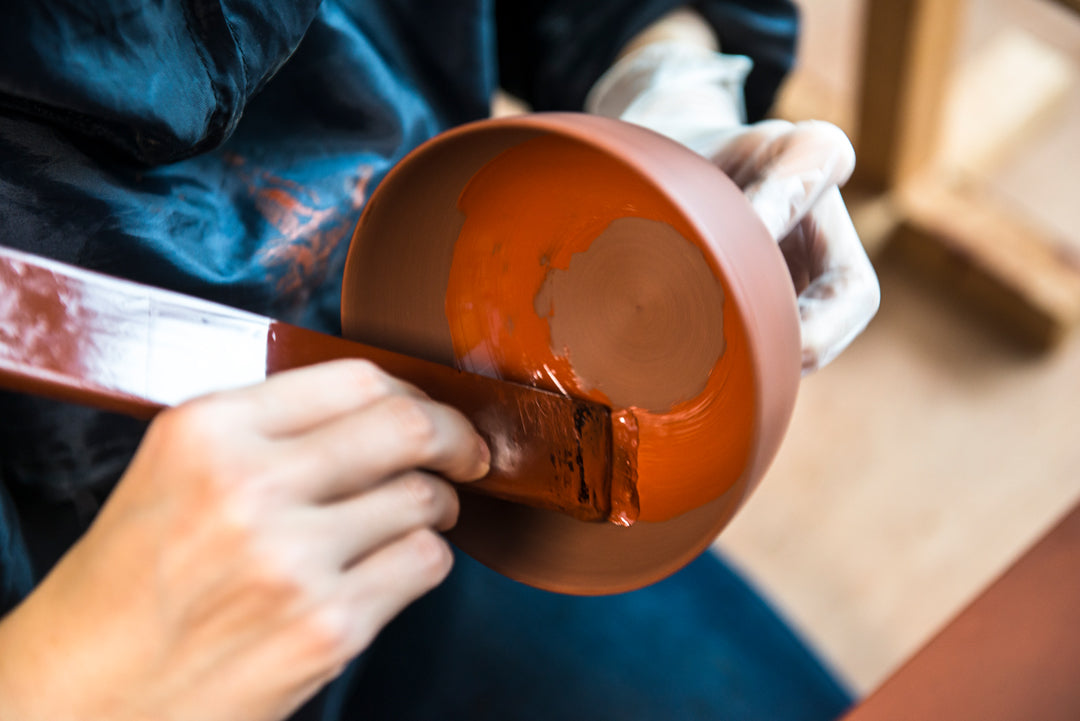
FAQs
Here are some of frequently asked questions. Feel free to talk to us via bottom-right chat icon for further assistance!
Yes, we ship worldwide with DHL. Shipping cost is calculated at the checkout, depending on the products’ weight and the destination.
After your order is confirmed, if the ordered products are in stock, we will ship it in the following business day. Then with DHL, it typically takes 3-5 business days.
We include care & maintenance leaflet with our products. Apart from that, feel free to ask us directly anytime!
When our products arrive in your country, you may be required to pay customs. These are charges payable by the customers, amount depending on the total amount of purchase.




